2015 Awardees
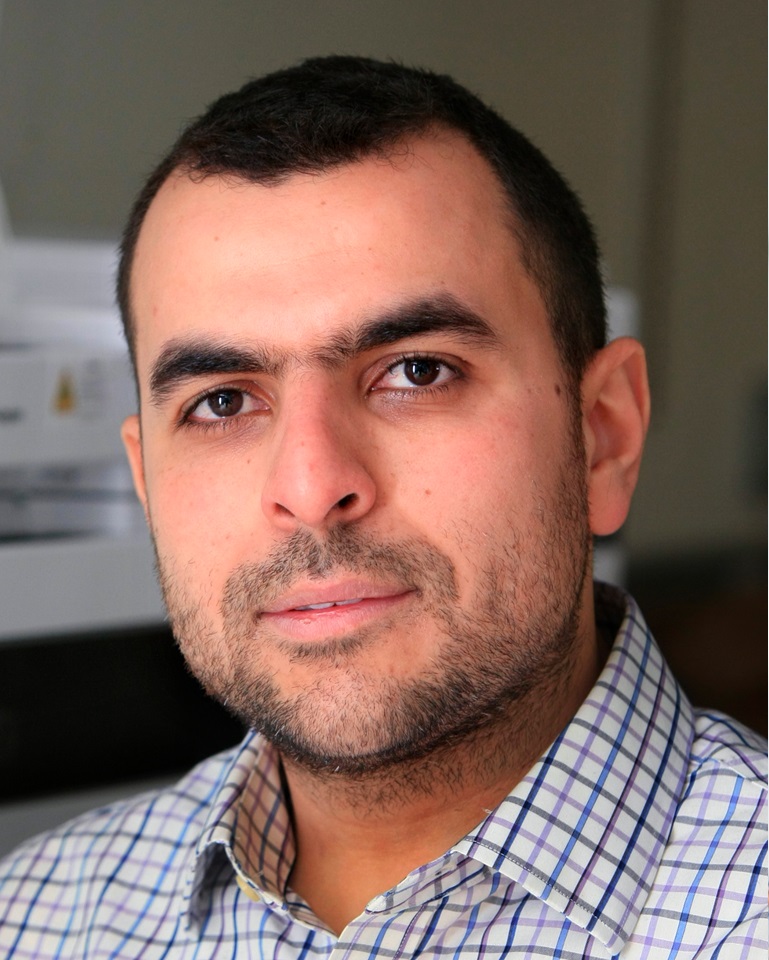
Mohamed S. Abou Donia, Ph.D.
Princeton University
Project Title: Uncultivated Bacterial Symbionts of Humans: An Untapped Resource for Drug Discovery
Grant ID: DP2-AI124441
Mohamed S. Abou Donia received his B.Sc. in Pharmacy from the Faculty of Pharmacy, Suez Canal University, Egypt in 2004, and his Ph.D. from the Medicinal Chemistry Department, School of Pharmacy, University of Utah in 2010. During his graduate studies, he worked in Dr. Eric Schmidt's laboratory where he studied the biosynthesis and genetic engineering of small molecules produced by uncultivated bacterial symbionts of marine invertebrates. In 2010, he joined Dr. Michael Fischbach's laboratory at the Department of Bioengineering and Therapeutic Sciences at the University of California, San Francisco as a postdoctoral scholar, where he studied small molecules produced by members of the human microbiome and their role in mediating microbe-host and microbe-microbe interactions in humans. In 2014, Mohamed joined the Princeton faculty at the Department of Molecular Biology, where he started a multidisciplinary research program to study the complex network of chemical and biological interactions mediated within complex microbiomes of humans and other animals, using a combination of computational, chemical, metagenomic, and microbiological approaches.
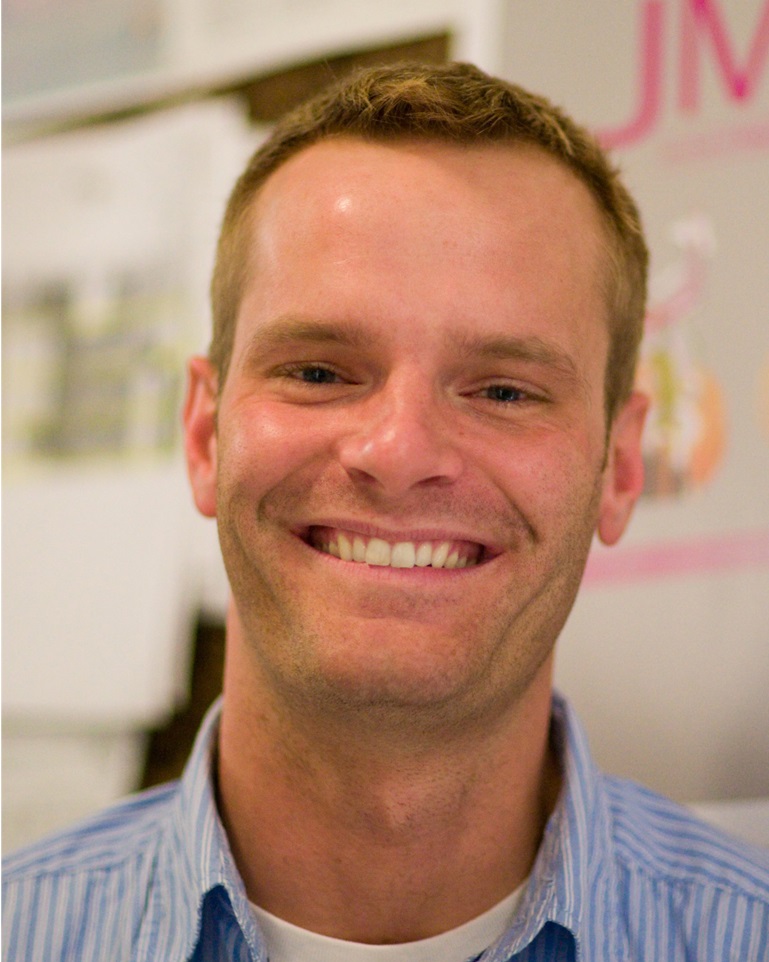
Alexander Barnes, Ph.D.
Washington University in St. Louis
Project Title: High-Sensitivity NMR at Room Temperature for Molecular Structure and Dynamics
Grant ID: DP2-GM119131
Alexander Barnes received his Ph.D. in Physical Chemistry from M.I.T., where he developed NMR instrumentation and signal enhancement methods in the laboratories of Robert Griffin and Richard Temkin. He conducted his post-doctoral research at Stanford University using solid state NMR to determine the structure of protein kinase C (PKC) activators with Lynette Cegelski and Paul Wender. Alexander’s laboratory develops novel magnetic resonance technology and methods to characterize biomolecular structure and molecular dynamics. Biomedical applications include the development of isozyme specific PKC activators, which are promising candidates to activate latent HIV reservoirs.
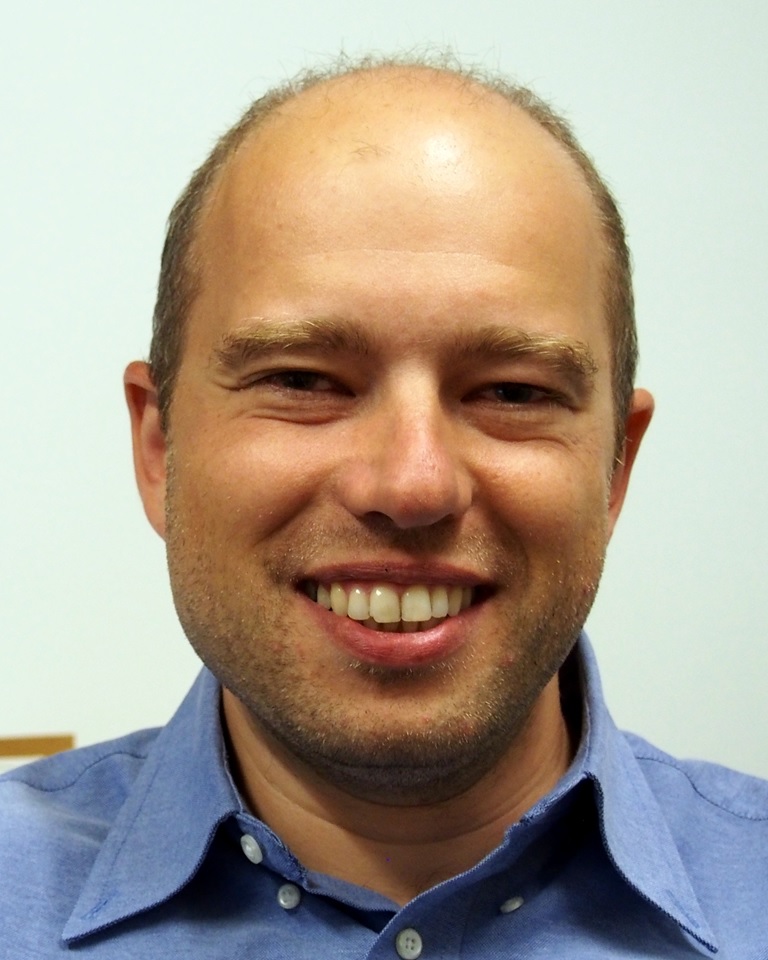
Artem Barski, Ph.D.
Cincinnati Children’s Hospital Medical Center and University of Cincinnati
Project Title: Direct Epigenetic Reprogramming of T Cells
Grant ID: DP2-GM119134
Artem Barski received his undergraduate degree in chemistry from Moscow State University in 2000. His Ph.D. work in the laboratory of Baruch Frenkel, D.M.D., Ph.D., at the University of Southern California focused on transcriptional regulation in osteoblasts. During his postdoctoral training at the laboratory of Keji Zhao, Ph.D., at NHLBI, Dr. Barski took part in developing ChIP-Seq, a revolutionary technique for studying epigenetic landscapes in a genome-wide manner. After receiving an NHLBI career transition award (K22), Dr. Barski joined the Divisions of Allergy & Immunology and of Human Genetics at Cincinnati Children’s Hospital Medical Center in 2011. His laboratory studies epigenomics of the immune system and develops biochemical and computational methods for the study of epigenetic and transcriptional regulation of gene expression.

Sanjay Basu, M.D., Ph.D.
Stanford University
Project Title: Cohort Filtering Models to Identify Social Program Effects on Health Disparities
Grant ID: DP2-MD010478
Sanjay Basu is an Assistant Professor in the Department of Medicine at Stanford University. He received his B.S. from MIT, M.Sc. from Oxford, and M.D./Ph.D. from Yale before completing Internal Medicine residency at UCSF. Dr. Basu is an epidemiologist currently focused on the construction, validation and application of dynamic multi-level epidemiological models to improve strategies for cardiovascular disease prevention and treatment.
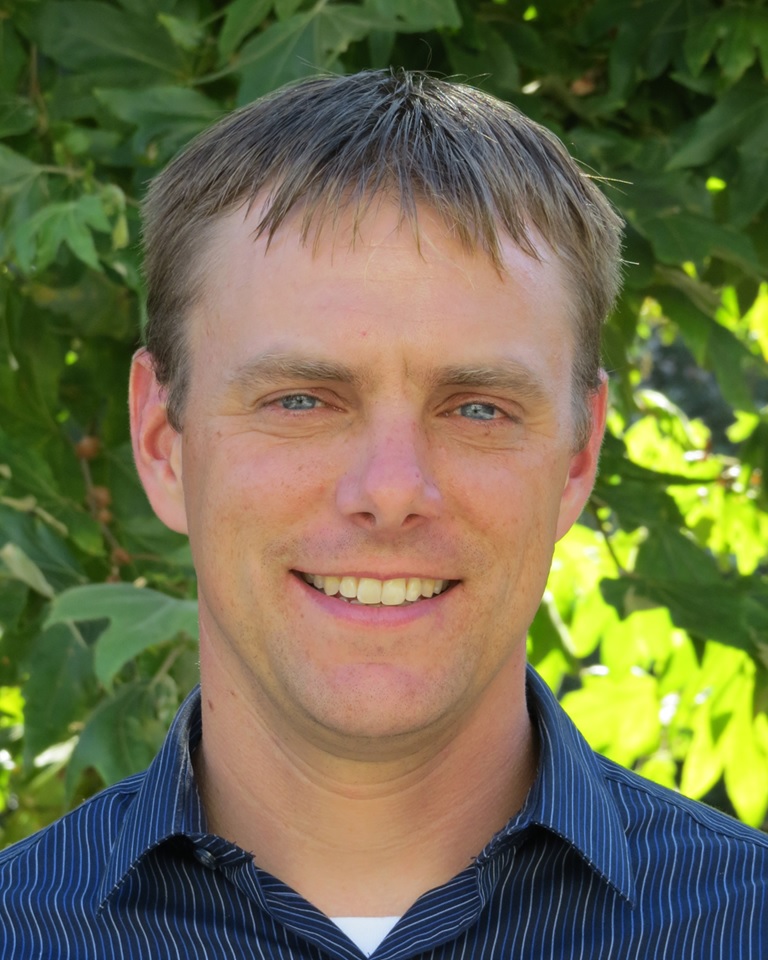
Eric J. Bennett, Ph.D.
University of California San Diego
Project Title: Manipulating Protein Homeostasis Through Specialized Quality Control Ribosomes
Grant ID: DP2-GM119132
Eric Bennett is an Assistant Professor in the section of Cell and Developmental Biology at the University of California, San Diego. His research group develops and utilizes quantitative proteomic strategies to investigate ubiquitin-dependent control mechanisms that regulate protein homeostasis. Dr. Bennett received his B.S. in Biochemistry from Boston College and his Ph.D. from Stanford University. His graduate work in Ron Kopito’s lab focused on the role of the ubiquitin-proteasome system in promoting the clearance of toxic protein aggregates. He joined Wade Harper’s research group at Harvard Medical School for his postdoctoral studies where he received a Damon Runyon Postdoctoral Fellowship. In collaboration with Steven Gygi’s lab at Harvard, he developed and applied systems-level proteomic approaches aimed at understanding both the breadth of ubiquitin-dependent regulation of proteome dynamics and the specific mechanisms employed to impart regulatory control over cellular systems. In addition to the NIH Director’s New Innovator Award, Dr. Bennett has received a Hellman Fellowship Award, the Kimmel Scholar Award from the Sidney Kimmel Foundation for Cancer Research, and a New Scholar Award in Aging from the Ellison Medical Foundation.
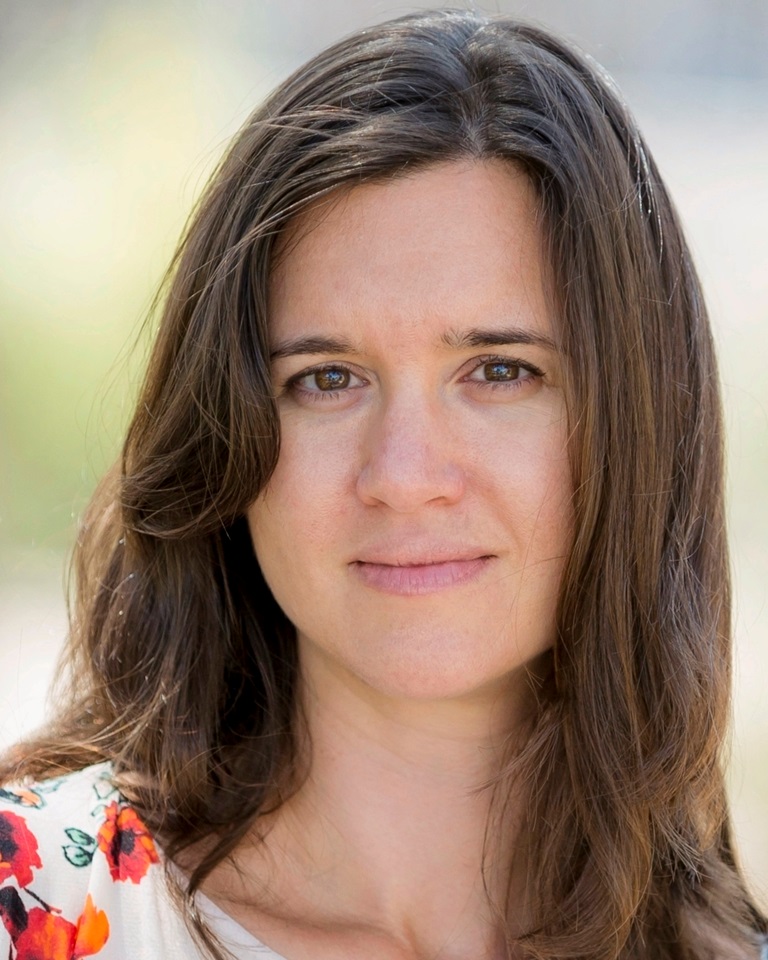
Brenda L. Bloodgood, Ph.D.
University of California, San Diego
Project Title: Charting a New Path for Rapid Signaling from the Synapse to the Nucleus
Grant ID: DP2-NS097029
Brenda Bloodgood is an Assistant Professor at UC San Diego in the Division of Biological Sciences in the Neurobiology Section. Dr. Bloodgood graduated from UC San Diego in 2001 with a B.S. in Animal Physiology and Neuroscience and received her Ph.D. in Neurobiology from Harvard Medical School in 2006. As a graduate student working with Bernardo Sabatini she investigated the role of dendritic spines in shaping synaptic signals. Dr. Bloodgood conducted her postdoctoral studies in Michael Greenberg’s laboratory at Harvard Medical School where she began exploring the role of inducible transcription factors in regulating inhibitory synapses. Currently Dr. Bloodgood’s lab is focused on understanding how the activity of a neuron is interpreted by the genome to orchestrate behaviorally relevant circuit plasticity.
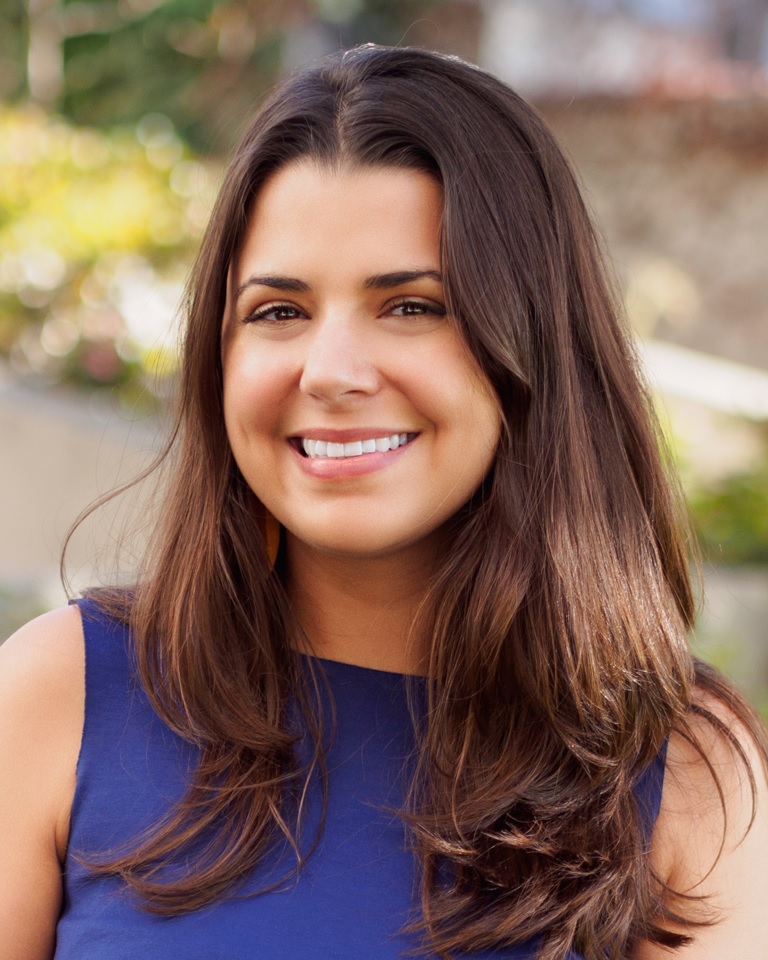
Gloria A. Brar, Ph.D.
University of California-Berkeley
Project Title: Dissecting the Roles of Pervasive Short ORFs in Meiosis
Grant ID: DP2-GM119138
Funded by the National Institute of General Medical Sciences
Gloria Brar received her undergraduate degree in Molecular and Cell Biology from UC-Berkeley. She received her Ph.D. in Biology in Angelika Amon's lab at MIT, where she studied the regulation of meiotic chromosome cohesion and segregation. Gloria joined Jonathan Weissman’s lab at UCSF as an American Cancer Society postdoctoral fellow and used the new method of ribosome profiling to define the complex regulation of gene expression that underlies meiosis in budding yeast. She is currently an Assistant Professor of Molecular and Cell Biology at UC-Berkeley, where her lab studies the dynamic and non-canonical gene regulation that allows cells to complete the comprehensive cellular remodeling that accompanies meiosis. Towards this end, the Brar lab is investigating the roles of the thousands of short Open Reading Frames that are translated specifically in meiotic cells, specializations to the meiotic ribosome, and the functions of stress response pathways in meiotic differentiation and organelle remodeling.
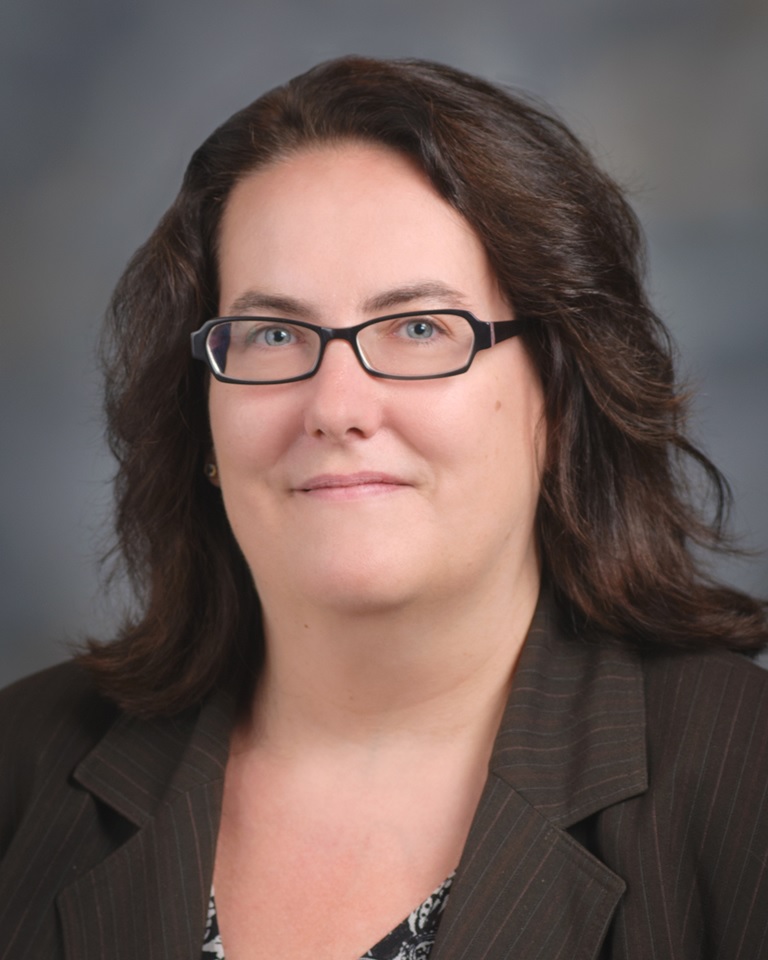
Francesca Cole, Ph.D.
University of Texas MD Anderson Cancer Center
Project Title: Mechanistic Derivation of Germ Line Mutation by Genome-Wide Mouse Tetrad Analysis
Grant ID: DP2-HD087943
Francesca Cole received her B.A. from Hunter College of the City University of New York and her Ph.D. from Mount Sinai School of Medicine, where she studied muscle and midline development in the laboratory of Rob S. Krauss. She then pursued a postdoctoral fellowship in the laboratory of Maria Jasin at Memorial Sloan-Kettering Cancer Center. She was recruited to the Department of Epigenetics and Molecular Carcinogenesis at the University of Texas MD Anderson Cancer Center as an Assistant Professor in September of 2012. The Cole laboratory investigates mechanisms of homologous recombination and germ line mutation using mouse meiosis as a model system. In addition to the NIH Director’s New Innovator Award, she is a CPRIT Scholar in Cancer Research and an R. Lee Clark Fellow.
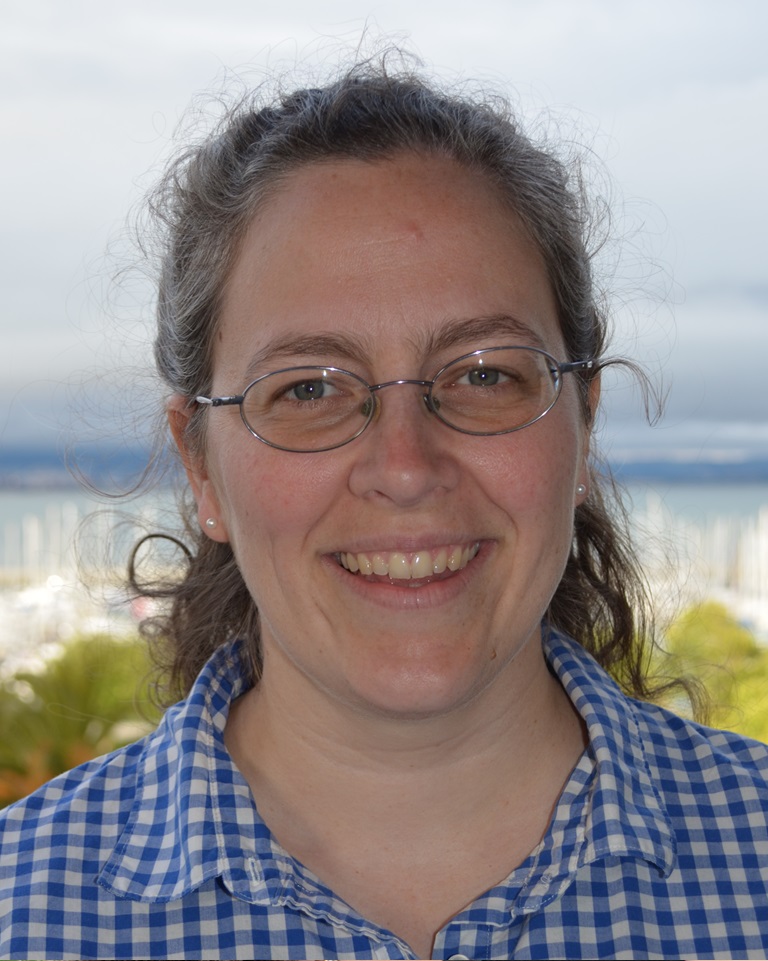
Sophie Dumont, Ph.D.
University of California, San Francisco
Project Title: Rewiring Cellular Architecture to Probe Mechanical Signal Processing at Kinetochores
Grant ID: DP2-GM119177
Sophie Dumont is from Québec, Canada. She received her B.A. in physics from Princeton University, and Ph.D. in biophysics from UC Berkeley where she probed the mechanics of individual biomolecules with Carlos Bustamante. She was a Junior Fellow at the Harvard Society of Fellows and postdoc at Harvard Medical School where she worked on the mechanics of cell division with Tim Mitchison. She started her lab at UCSF in 2012, and her group focuses on the self-organization and emergent mechanics that drive robust chromosome segregation.
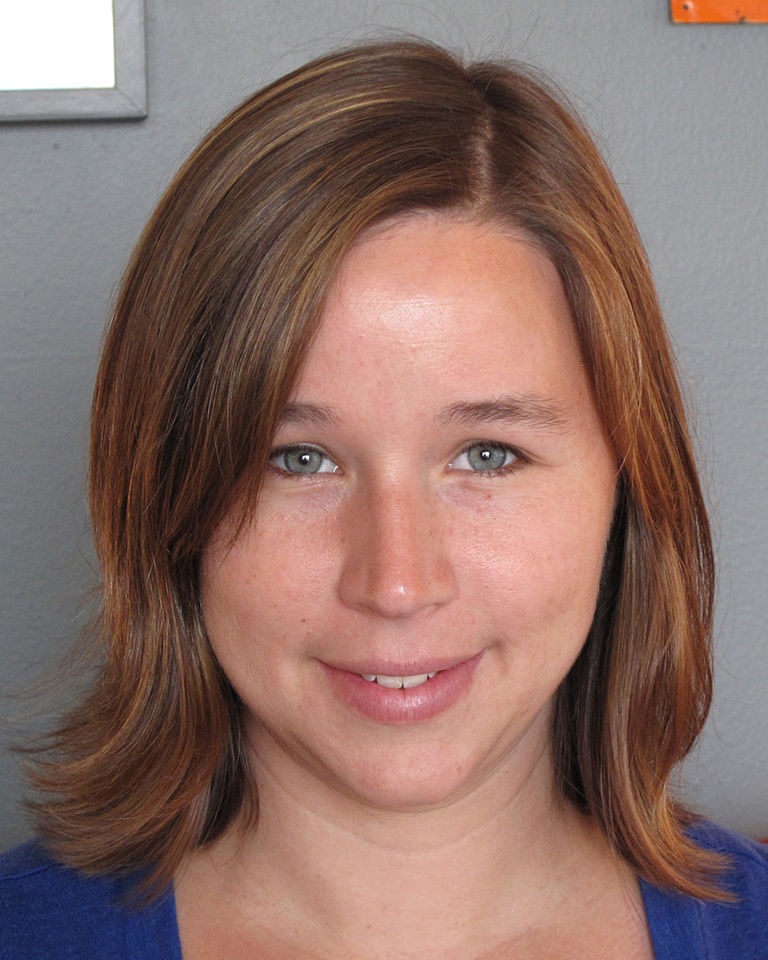
Jessica Feldman, Ph.D.
Stanford University
Project Title: Mechanisms Controlling Microtubule Organization During Cell Differentiation
Grant ID: DP2-GM119136
Jessica Feldman received her undergraduate degree in Biology from Columbia University where she studied topics ranging from primate social behavior to axon guidance molecules. She obtained her Ph.D. working with Wallace Marshall at University of California, San Francisco where she studied the genetic regulation of centrosome structure, function, and positioning and the mechanisms dictating internal cellular organization using the unicellular alga Chlamydomonas. Jessica went on to characterize the role of the centrosome during epithelial polarization in C. elegans, working as a postdoctoral fellow with Jim Priess at the Fred Hutchinson Cancer Research Center. Jessica started her own lab in the Biology Department at Stanford University in 2013, where her group studies structural changes that occur at the cellular level during normal development and in disease. In particular, her lab is interested in understanding how microtubules become spatially organized in different cell types during cell differentiation.
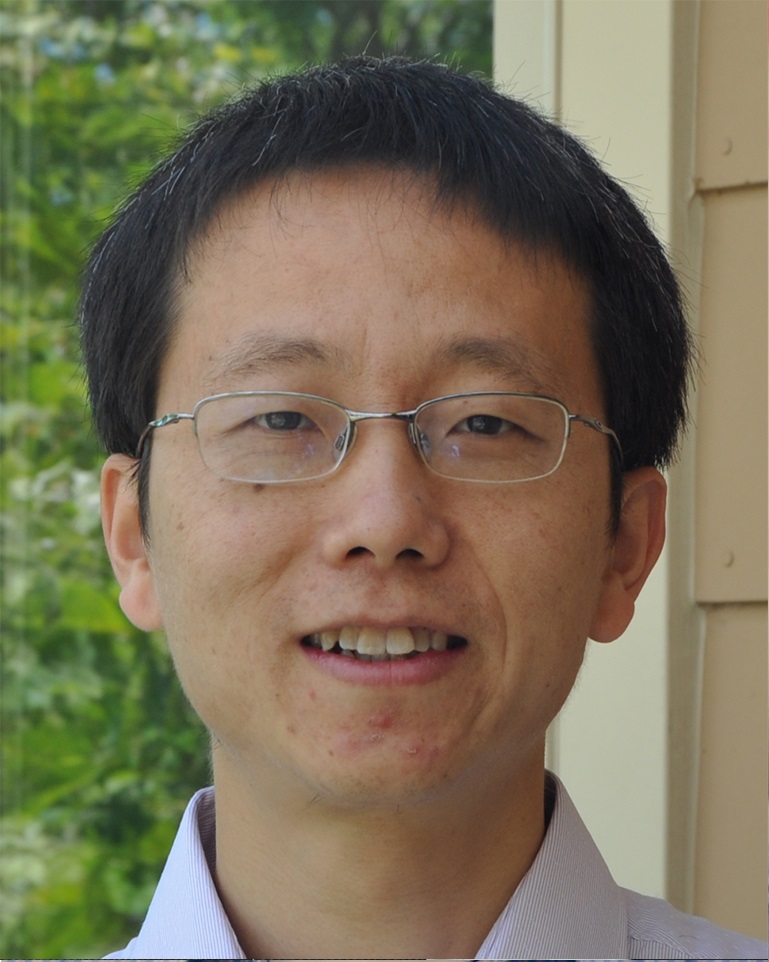
Liang Feng, Ph.D.
Stanford University
Project Title: Molecular Mechanism and Novel Therapeutic Strategy in Alzheimer's Disease
Grant ID: DP2-AG052940
Liang Feng is an assistant professor in the department of Molecular and Cellular Physiology at Stanford University School of Medicine. He graduated from Tsinghua University with a B.S. and obtained a master’s degree (M.Phil.) from the Hong Kong University of Science and Technology. He conducted his Ph.D. thesis work with Dr. Yigong Shi at Princeton University and completed his postdoctoral training with Dr. Roderick MacKinnon at the Rockefeller University. The Feng lab is interested in the structure, function, dynamic properties and therapeutic applications of membrane proteins. Liang Feng is also a Sloan Research Fellow and Klingenstein-Simons Fellow.
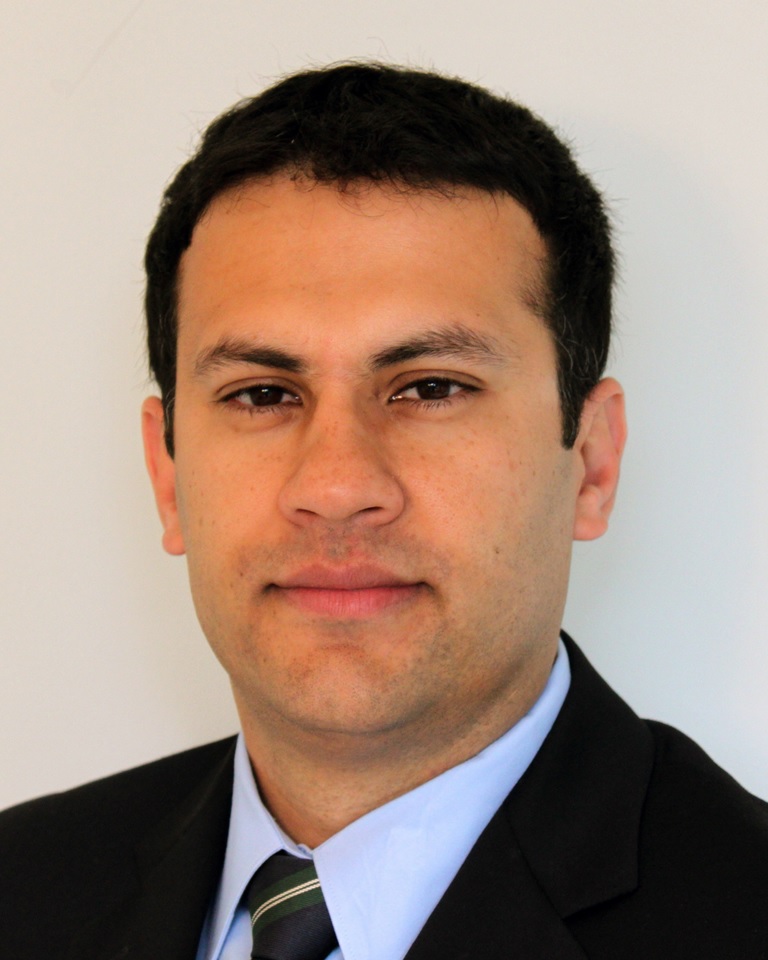
Karunesh Ganguly, M.D., Ph.D.
University of California, San Francisco (UCSF) & San Francisco VA Medical Center (SFVAMC)
Project Title: Neuroprosthetic Control of an Anthropomorphic Exoskeleton in Tetraplegics
Grant ID: DP2-HD087955
Karunesh Ganguly is an Assistant Professor at UCSF and a Staff Physician in the Neurology & Rehabilitation Service at the SFVAMC. He graduated from Stanford University and then received a Ph.D. in Neuroscience and a M.D. degree from the University of California, San Diego. After his neurology residency at UCSF, he completed a four-year postdoctoral fellowship in neural engineering in the Carmena Laboratory in the Department of EECS at UC Berkeley. His past awards include a Burroughs Wellcome Fund Career Award in Medicine, a Career Development Award (CDA) from the Veterans Health Affairs, and the Presidential Career Award for Scientists and Engineers (PECASE). The Ganguly laboratory conducts both basic and clinical research with the aim of translating neuroprosthetics to those with motor paralysis.
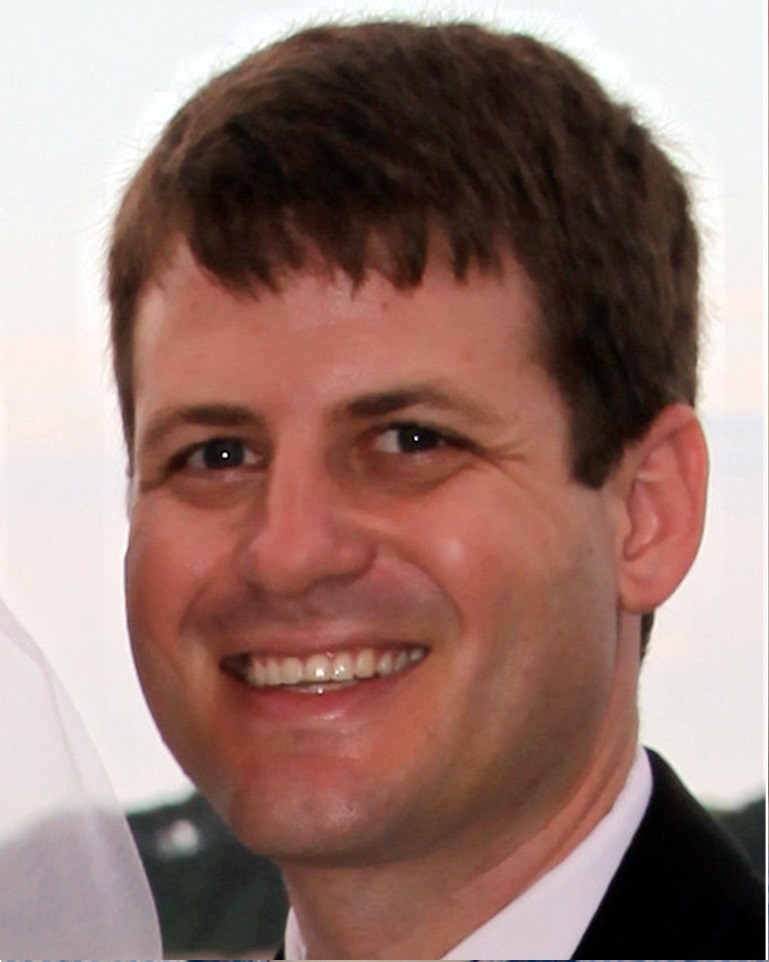
Marc Gershow, Ph.D.
New York University
Project Title: Dissecting Olfactory Decision Making Using Optical Neurophysiology
Grant ID: DP2-EB022359
Marc Gershow received a Ph.D. in Physics from Harvard University working with Jene Golovchenko on single molecule sequencing, did his postdoctoral work with Aravi Samuel in Harvard’s Center for Brain Science, and is currently an assistant professor in the Department of Physics at NYU. Marc studies how brains process information and make decisions, choosing the fruit fly larva as a model. Using state of the art optical tools to measure and perturb neural activity and techniques from physics, engineering, and computer vision, his lab aims to decipher the neural circuits underlying odor guided decision making.
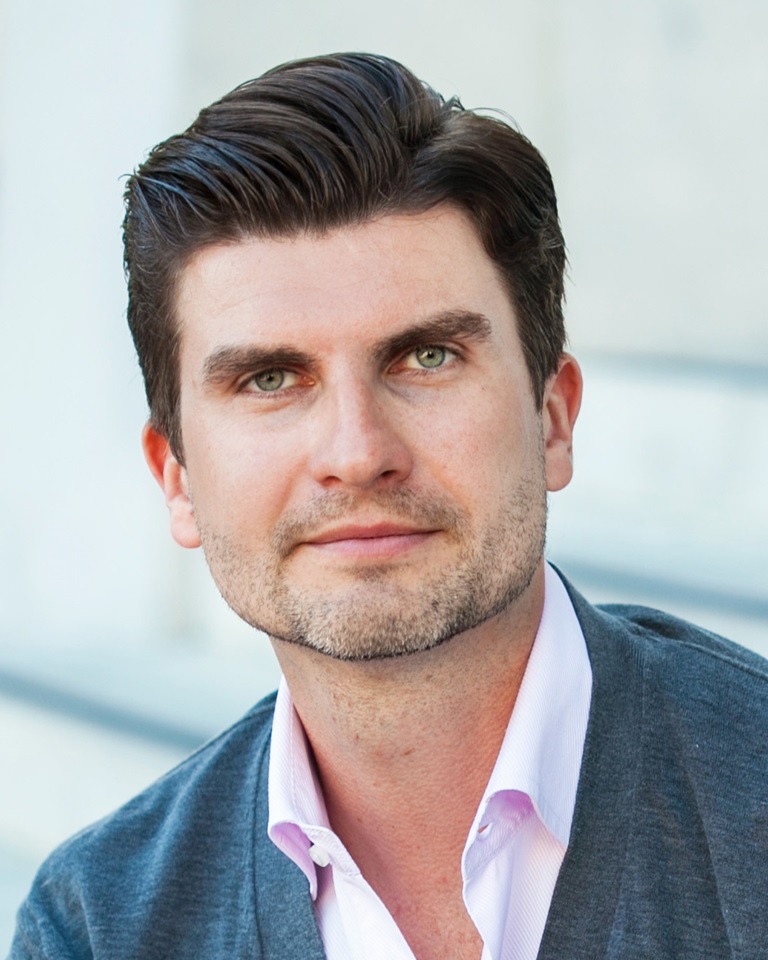
Kamil Godula, Ph.D.
University of California San Diego
Project Title: In Vivo Glycan Engineering at the Cell-Matrix Interface to Control Stem Cell Fate
Grant ID: DP2-HD087954
Kamil Godula is an Assistant Professor in the Department of Chemistry and Biochemistry at UC San Diego. He earned his M.Sc. in organic chemistry with William A. Donaldson at Marquette University and his Ph.D. with Dalibor Sames at Columbia University, working in the area of C–H bond activation. He trained as a postdoctoral fellow with Carolyn Bertozzi at UC Berkeley, moving from chemical synthesis toward bio-nanomaterials and chemical glycobiology. Since 2013, he has led his own research laboratory at UCSD focusing on developing chemical approaches and nanotechnologies to study how spatial arrangements of glycans on cell-surface proteins encode biological information and how this information can be harnessed to control the outcomes of cellular differentiation. He is the recipient of the Alfred Bader Fellowship and the NIH Pathway to Independence Award.
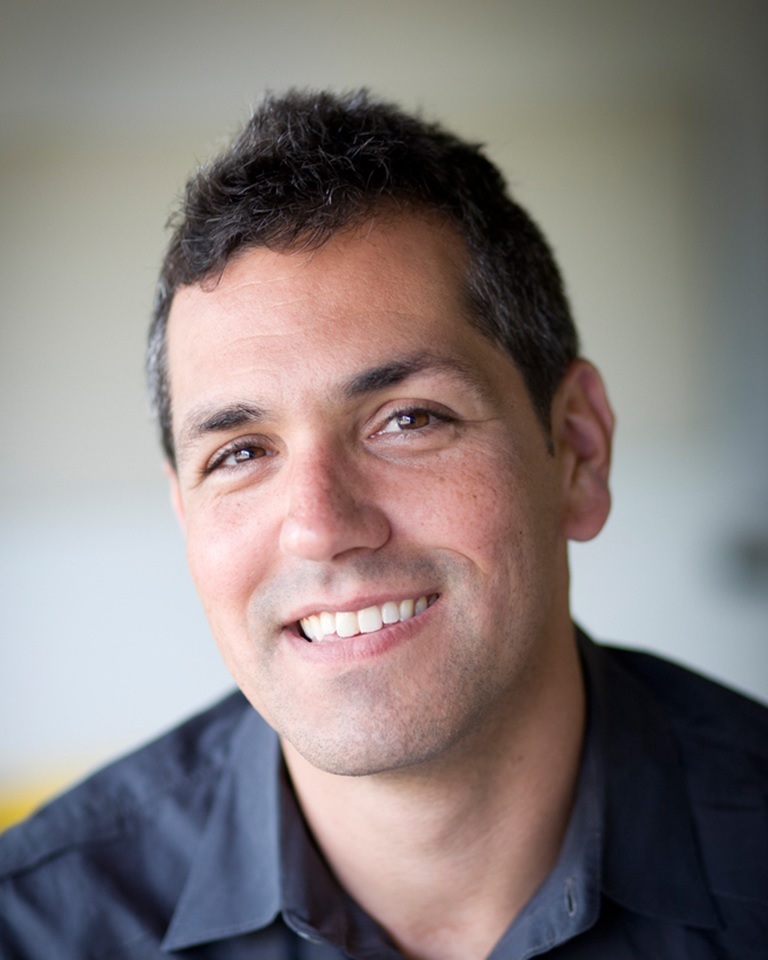
Jesse H. Goldberg, M.D., Ph.D.
Cornell University
Project Title: Identifying Pathways for Motor Variability in the Mammalian Brain
Grant ID: DP2-HD087952
Jesse Goldberg is an Assistant Professor in the Department of Neurobiology and Behavior at Cornell University. He received a B.S. in biology from Haverford College and an M.D./Ph.D. degree from Columbia University. During his graduate work with Rafael Yuste, he used two photon imaging to study microcircuits of the cerebral cortex. After his Ph.D., he returned to the clinic and became interested in movement disorders. He received a Damon Runyon Fellowship to study the basal ganglia with Michale Fee at MIT. Dr. Goldberg’s current research focuses on the neural circuits underlying motor control and learning. His research is supported by the Klingenstein Foundation, the Pew Charitable Trust, and a BRAIN initiative award from the National Science Foundation.
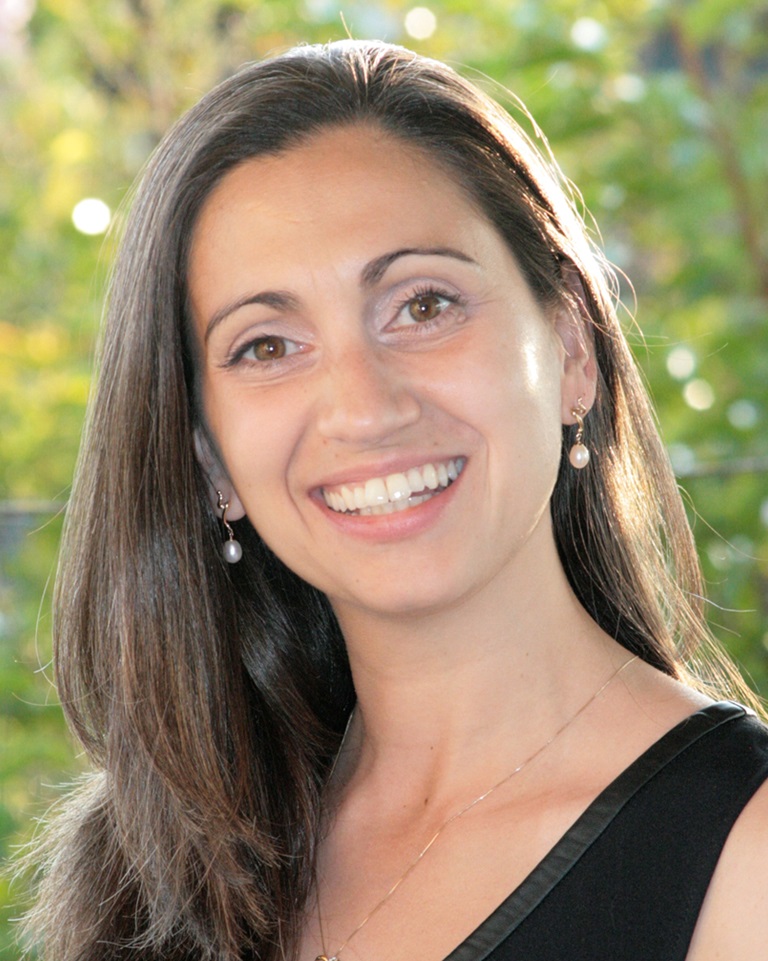
Juliana Idoyaga, Ph.D.
Stanford University
Project Title: Harnessing Human Dendritic Cell Subsets for the Design of Novel Immunotherapies
Grant ID: DP2-AR069953
Juliana Idoyaga has a longstanding interest in dendritic cells. She trained in immunology and dendritic cell biology during her B.S. at the University of Buenos Aires in Argentina and during her Ph.D. at the National Autonomous University of Mexico. For her postdoctoral training, she joined the laboratory of Dr. Ralph Steinman at the Rockefeller University and focused on dendritic cell-based vaccines. She then spent two years working with Dr. Miriam Merad at the Icahn School of Medicine at Mount Sinai dissecting the contribution of radioresistant skin dendritic cells in tumor progression. She was appointed Assistant Professor of Microbiology and Immunology at Stanford University in July 2014. Her research program focuses on understanding dendritic cell subsets, revealing their endowed capacity to induce distinct types of immune responses, and designing novel strategies to exploit them for vaccines and therapies.
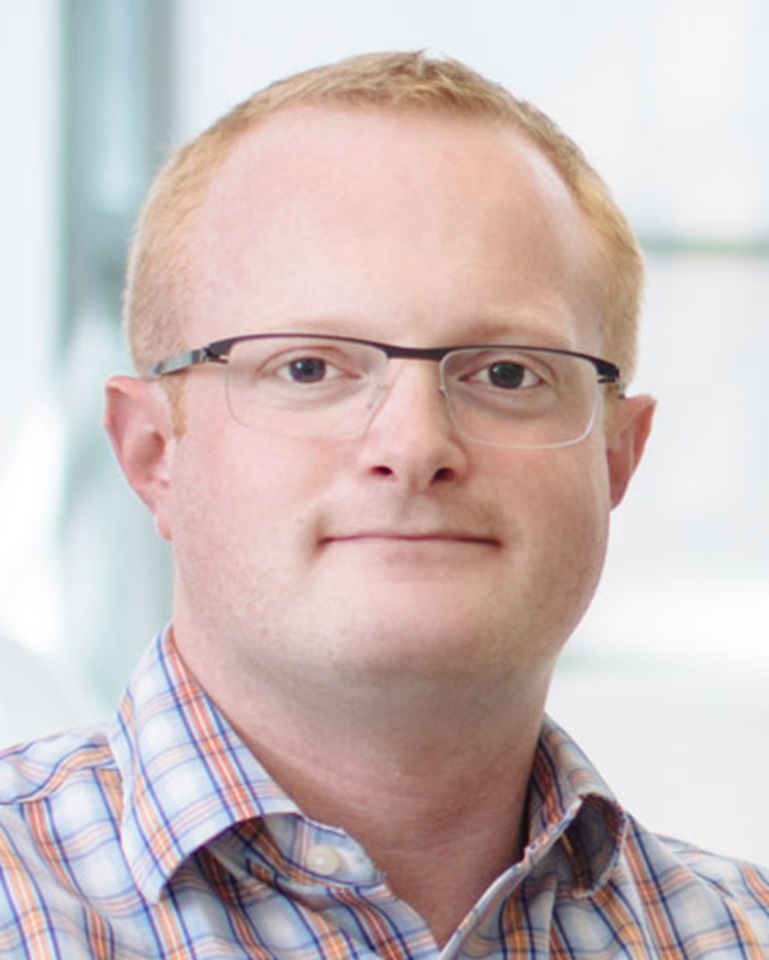
Daniel Jarosz, Ph.D.
Stanford University
Project Title: Protein-Based Molecular Memories in Gene Regulation, Disease, and Development
Grant ID: DP2-GM119140
Funded by the National Institute of General Medical Sciences
Dan Jarosz is an Assistant Professor in the Departments of Chemical & Systems Biology and Developmental Biology at Stanford University. He received his B.S. in Chemistry and Biochemistry from the University of Washington in 2001, and then moved to Massachusetts Institute of Technology for his Ph.D., where he investigated mechanisms of replication and mutagenesis in the laboratory of Dr. Graham Walker. Following his graduation in 2007, Dr. Jarosz received a fellowship from the Damon Runyon Cancer Research Foundation to pursue postdoctoral training with Dr. Susan Lindquist, a pioneer in the field of protein folding. In 2013, Dr. Jarosz established his independent group at Stanford University, where his research is focused on molecular mechanisms that influence robustness and evolvability. The Jarosz lab employs multidisciplinary systems approaches ranging from chemical biology to quantitative genetics to understand how these mechanisms contribute to evolution, disease, and development. In addition to receiving the NIH Director’s New Innovator Award, Dr. Jarosz has been named a Searle Scholar and a Kimmel Scholar and has received a Pathway to Independence Award from the NIH and a CAREER Award from the NSF.
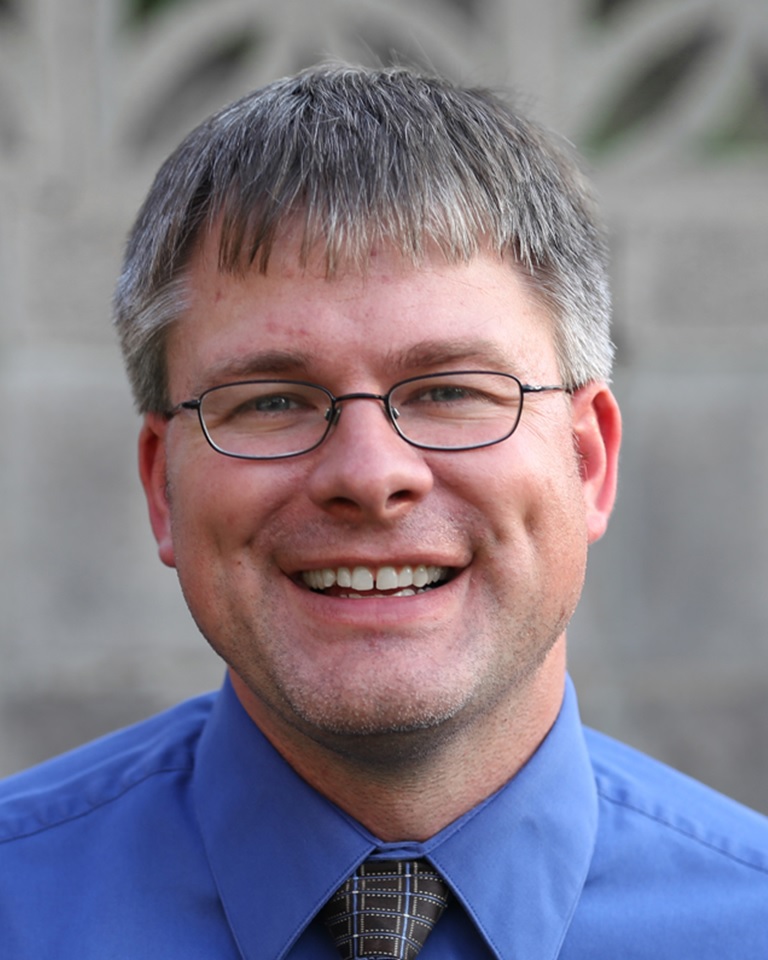
Jakob D. Jensen, Ph.D.
University of Utah
Project Title: Communal Feedback as an Innovative Alternative to Skin Self-Exam
Grant ID: DP2-EB022360
Jakob D. Jensen graduated with honors from Concordia College where he was also an AFA National Champion in public speaking. His interest in public speaking led Dr. Jensen to pursue graduate education in the Department of Communication at the University of Illinois, where he received an M.A. (2003) and Ph.D. (2007) focused on health communication. Dr. Jensen is currently an Associate Professor in the Department of Communication at the University of Utah, and a member of the Cancer Control & Population Sciences Core in the Huntsman Cancer Institute. He directs the Health Communication and Technology (HCAT) lab which designs and evaluates innovative communication solutions to public health problems. Dr. Jensen’s primary research program seeks to improve skin cancer control by redesigning telehealth systems, and enhancing lay ability to identify atypical lesions.
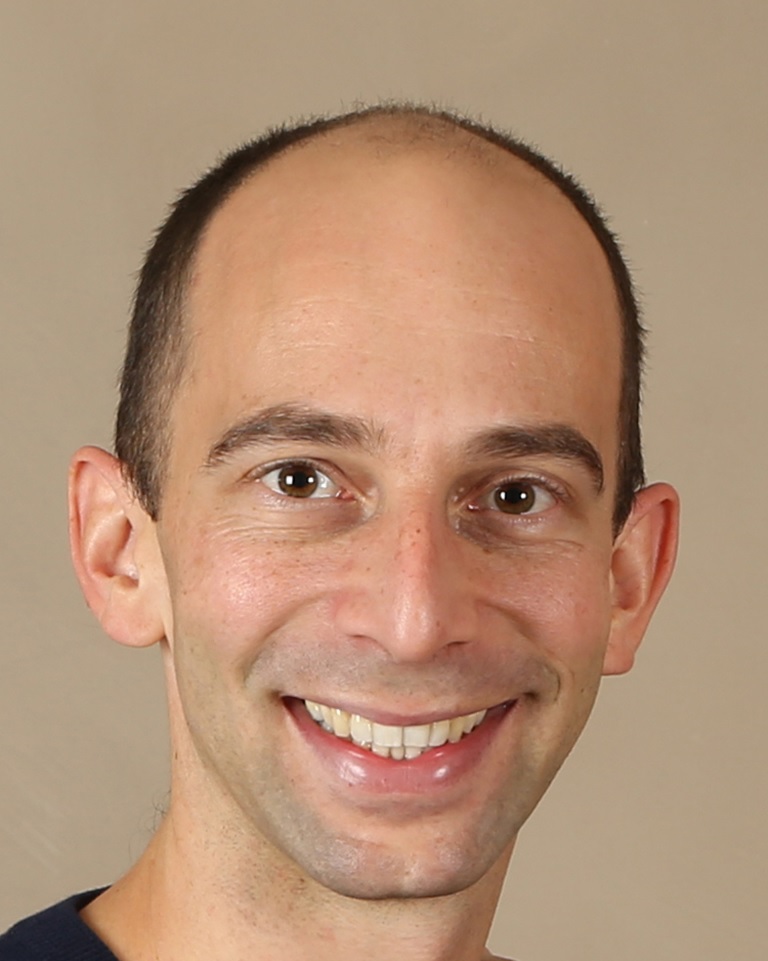
Martin C. Jonikas, Ph.D.
Carnegie Institution for Science
Project Title: Transforming Our Understanding of Eukaryotic Gene Functions Through Chemical Genetics in the Green Alga Chlamydomonas reinhardtii
Grant ID: DP2-GM119137
Martin Jonikas is a Staff Associate at the Carnegie Institution for Science and an Assistant Professor by courtesy at Stanford University. His laboratory aims to transform our understanding of photosynthetic eukaryotes by developing and applying cutting-edge tools. He studied aerospace engineering as an undergraduate at the Massachusetts Institute of Technology. He then received his Ph.D. from the University of California, San Francisco working with Jonathan Weissman, Maya Schuldiner and Peter Walter on high-throughput genetics and protein folding in the endoplasmic reticulum. He is the recipient of several awards, including a 2015 NIH New Innovator Award, a 2010 Air Force Young Investigator Award, and a 2005 National Science Foundation Graduate Research Fellowship.
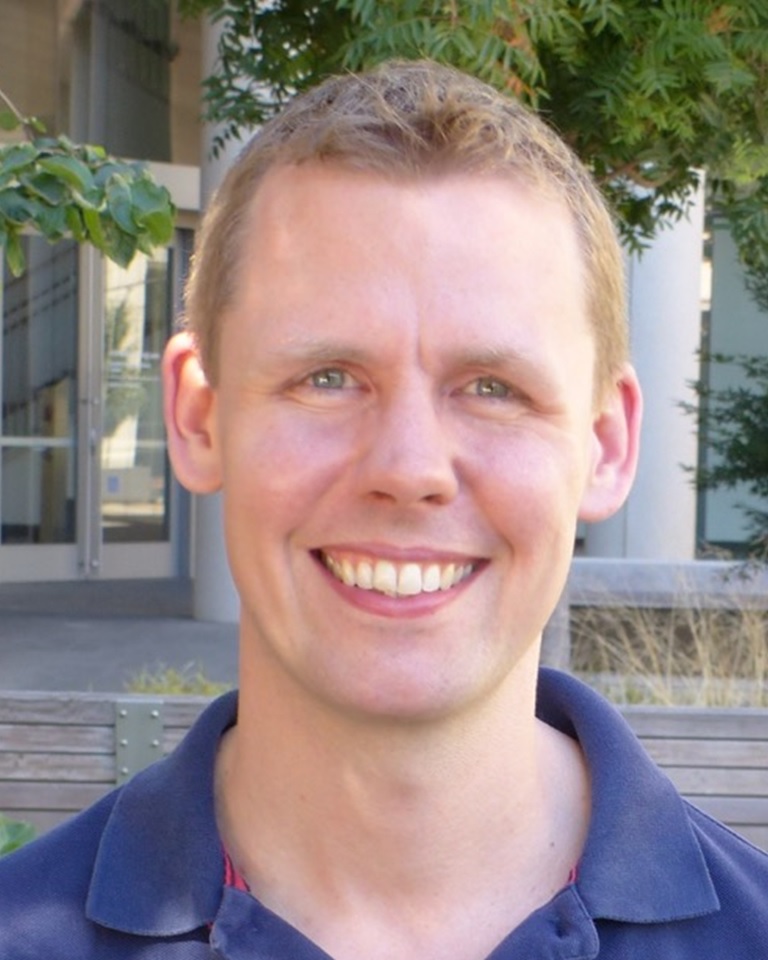
Martin Kampmann, Ph.D.
University of California, San Francisco
Project Title: Rewiring of the Human Protein Homeostasis Network in Normal and Disease Contexts
Grant ID: DP2-GM119139
Funded by the National Institute of General Medical Sciences
Dr. Martin Kampmann is an Assistant Professor in the UCSF Department of Biochemistry and Biophysics and the Institute for Neurodegenerative Diseases. He received his B.A. and M.A. in Natural Sciences (Biochemistry) from Cambridge University and his Ph.D. from The Rockefeller University, where he used biophysical approaches to characterize the architecture and dynamics of the nuclear pore complex with Dr. Günter Blobel. As a postdoctoral fellow in Dr. Jonathan Weissman's group at UCSF, Dr. Kampmann spearheaded the development of a functional genomics platform that enables systematic genetic interaction maps in mammalian cells to uncover pathways underlying biological processes of interest. In his independent lab, he continues to pioneer functional genomics approaches and combines them with mechanistic biochemistry and biophysics to elucidate the role and rewiring of the protein homeostasis network in disease states of human cells, especially cancer and neurodegenerative diseases. Dr. Kampmann was awarded the NIH Pathway to Independence Award in 2014, and was named an Allen Distinguished Investigator by the Paul G. Allen Family Foundation in 2015.
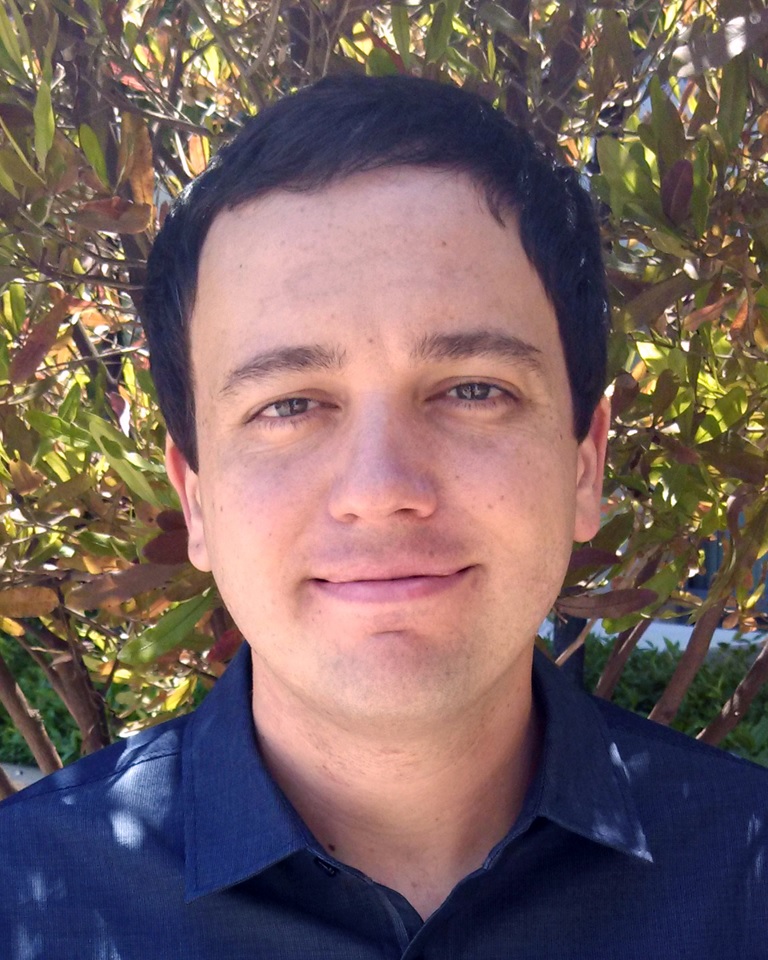
Zachary A. Knight, Ph.D.
University of California, San Francisco
Project Title: Sequencing Neural Circuits Controlling Thermoregulation
Grant ID: DP2-DK109533
Zachary Knight is an Assistant Professor in the Department of Physiology at University of California, San Francisco. He received his B.A. in Chemistry from Princeton University and his Ph.D. in Chemical Biology from UCSF. As a graduate student he synthesized some of the first selective inhibitors of PI3-kinase and mTOR and used those tools to study signaling pathways involved in metabolism and cancer. He then performed postdoctoral research at the Rockefeller University, where developed methods for using RNA sequencing to identify functional populations of neurons in the mouse brain. His lab at UCSF studies neural circuits in the mouse that control feeding and other innate behaviors, using a combination of optical, genetic, and physiologic approaches.
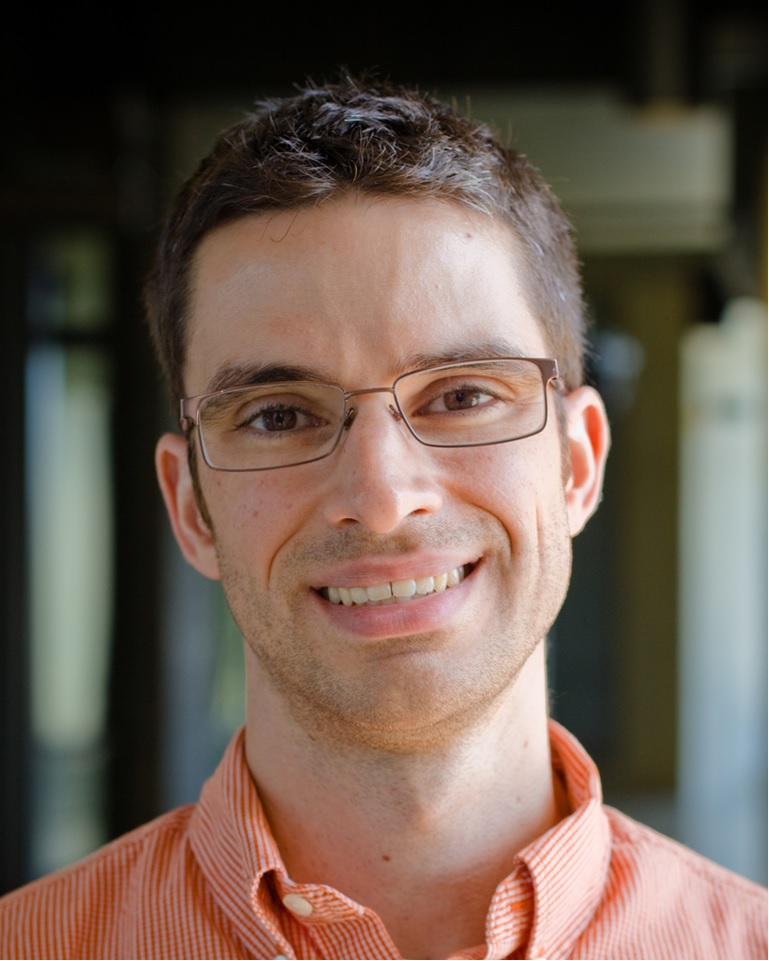
Darren J. Lipomi, Ph.D.
University of California, San Diego
Project Title: Stretchable, Biodegradable, and Self-Healing Semiconductors for Wearable and Implantable Sensors
Grant ID: DP2-EB022358
Darren J. Lipomi earned his undergraduate degree in chemistry from Boston University in 2005. Under Prof. James S. Panek, his research focused on total synthesis and heterogeneous catalysis for applications in medicinal chemistry. He earned his Ph.D. in chemistry from Harvard University in 2010, with Prof. George M. Whitesides, where he developed several unconventional approaches to micro- and nanopatterning for chemical sensing. From 2010-2012, he was an Intelligence Community Postdoctoral Fellow in the laboratory of Prof. Zhenan Bao at Stanford University, and worked in the area of electronic skin. He is now an assistant professor in the Department of NanoEngineering at the University of California, San Diego, where his work focuses on biomimetic organic semiconductors in applications in energy and healthcare.
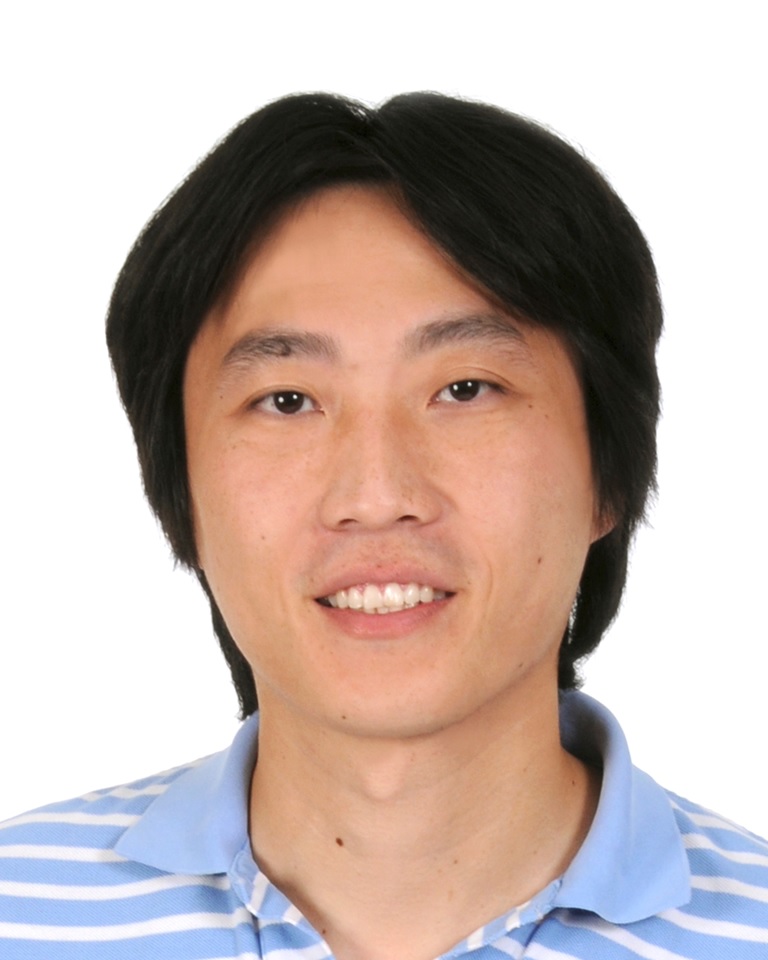
Chang C. Liu, Ph.D.
University of California, Irvine
Project Title: A High-Throughput Continuous Evolution System for In Vivo Biosensor Engineering
Grant ID: DP2-GM119163
Chang C. Liu received his A.B. in Chemistry from Harvard in 2005 and his Ph.D. in Chemical Biology from The Scripps Research Institute, where he trained with Peter Schultz. After carrying out his postdoctoral work with Adam Arkin as a Miller Fellow at UC Berkeley, Chang joined UC Irvine as an Assistant Professor in 2013. Chang’s group is interested in building genetic systems that give cells radically new capabilities. These include continuous evolution of target genes, recording non-genetic information, and synthesizing unnatural polymers. In addition to the New Innovator Award, Chang’s research been recognized by a Beckman Young Investigator Award, a Dupont Young Professor Award, and grants from DARPA and NSF.
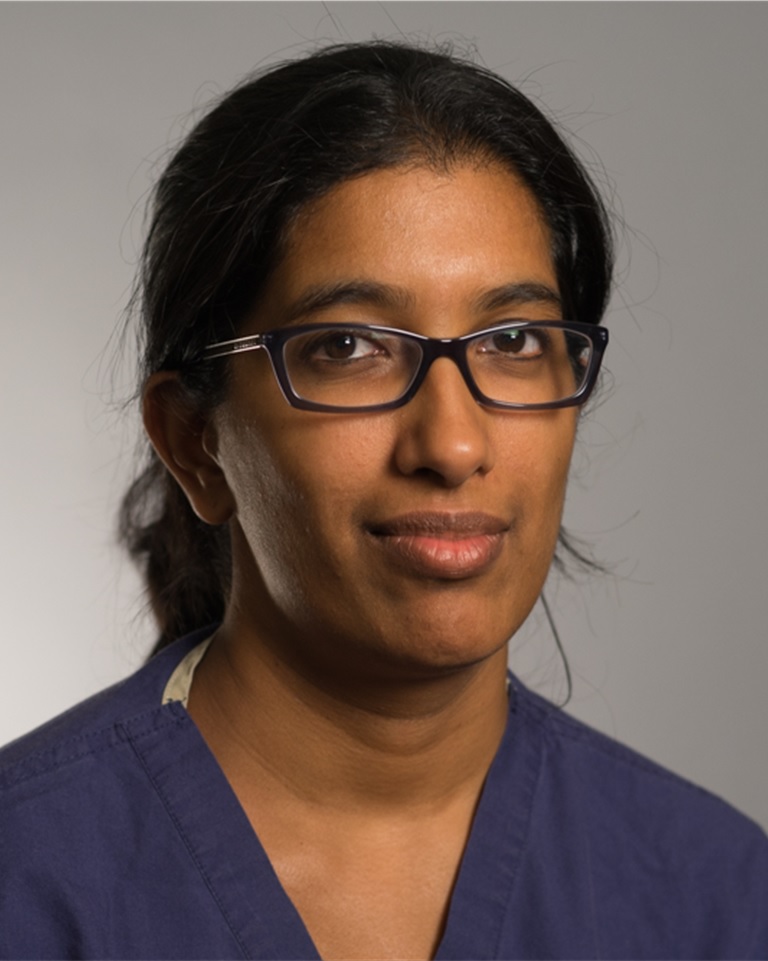
Deepika Mohan, M.D., M.P.H.
University of Pittsburgh School of Medicine
Project Title: A Novel Intervention to Make Heuristics a Source of Power for Physicians
Grant ID: DP2-LM012339
Deepika Mohan is an Assistant Professor of Critical Care Medicine and Surgery at the University of Pittsburgh. Dr. Mohan received a B.A. in religion and political theory from Princeton University in 1997, an M.D. from Emory University in 2001, and an M.P.H. from Columbia University in 2003. She completed her general surgery residency at Emory University in 2007, and her critical care fellowship at the University of Pittsburgh in 2008. Her research focuses on the role of heuristics in physician decision making, particularly time-sensitive decisions like the triage of trauma patients or the treatment of septic patients.
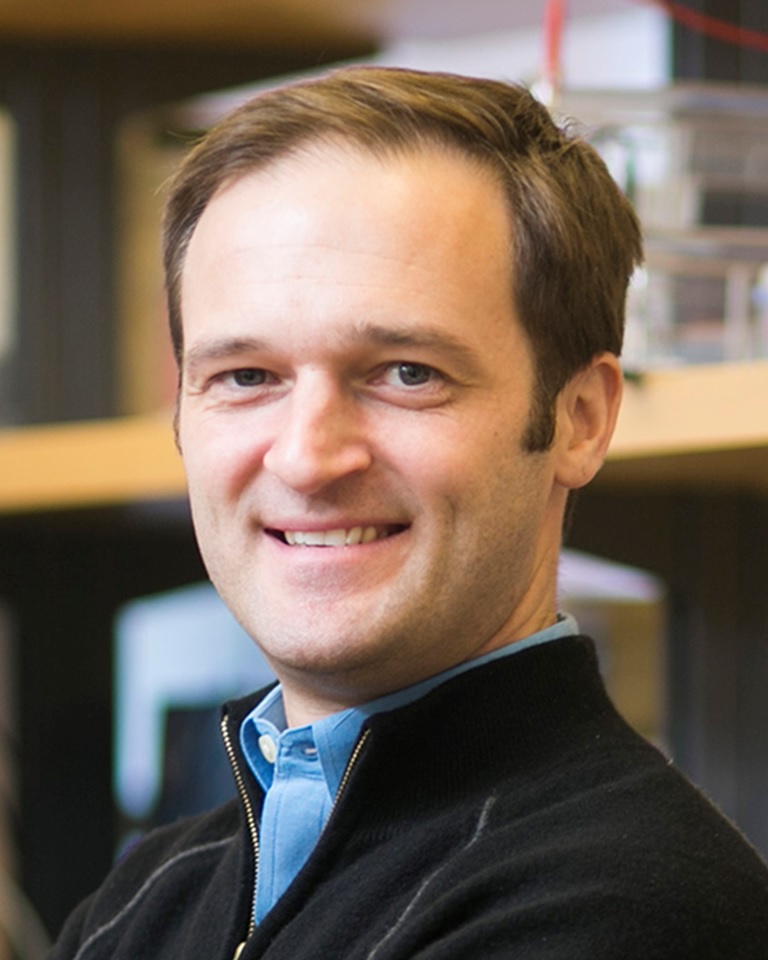
James B. Munro, Ph.D.
Tufts University School of Medicine
Project Title: Structural Dynamics of Single Ebolavirus GP Molecules
Grant ID: DP2-AI124384
Funded by the National Institute of Allergy and Infectious Diseases
James Munro joined the Department of Molecular Biology and Microbiology at Tufts University School of Medicine in October of 2014, as an assistant professor. He came to Tufts from Yale University, where he was an Irvington Postdoctoral Fellow of the Cancer Research Institute in the laboratory of Walther Mothes. While in the Mothes lab, Dr. Munro developed a single-molecule fluorescence-based approach to probe the conformational dynamics of the HIV envelope glycoprotein on the surface of native virions. Prior to that, Dr. Munro completed a Ph.D. in biophysics from Cornell University, working in the laboratory of Scott Blanchard at Weill Cornell Medical College, and an M.S. in physics from the University of Chicago. Dr. Munro completed his undergraduate studies in physics at Middlebury College.
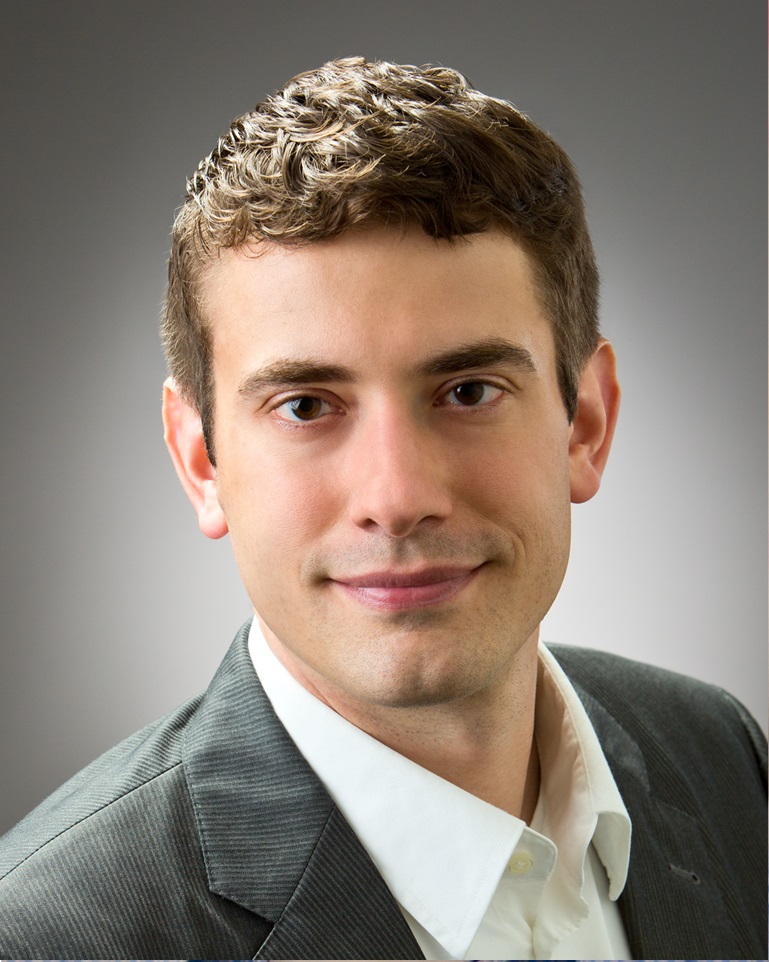
Matthew J. Paszek, Ph.D.
Cornell University
Project Title: Mechanobiology of the Cellular Glycocalyx
Grant ID: DP2-GM119133
Matthew Paszek received his B.S. in chemical engineering from Cornell University, and his Ph.D. in bioengineering from the University of Pennsylvania. His thesis work with Daniel Hammer and Valerie Weaver investigated physical mechanisms underlying cancer progression. He conducted his postdoctoral research with Valerie Weaver at UCSF, where he began his work in glycoscience, and later with Claudia Fischbach-Teschl and Abraham Stroock as a Kavli Fellow at Cornell University, where he continued to develop imaging tools for glycoscience. In 2014, he joined the faculty in the Department of Chemical and Biomolecular Engineering at Cornell University, where his group studies biophysical mechanisms of glycan function.
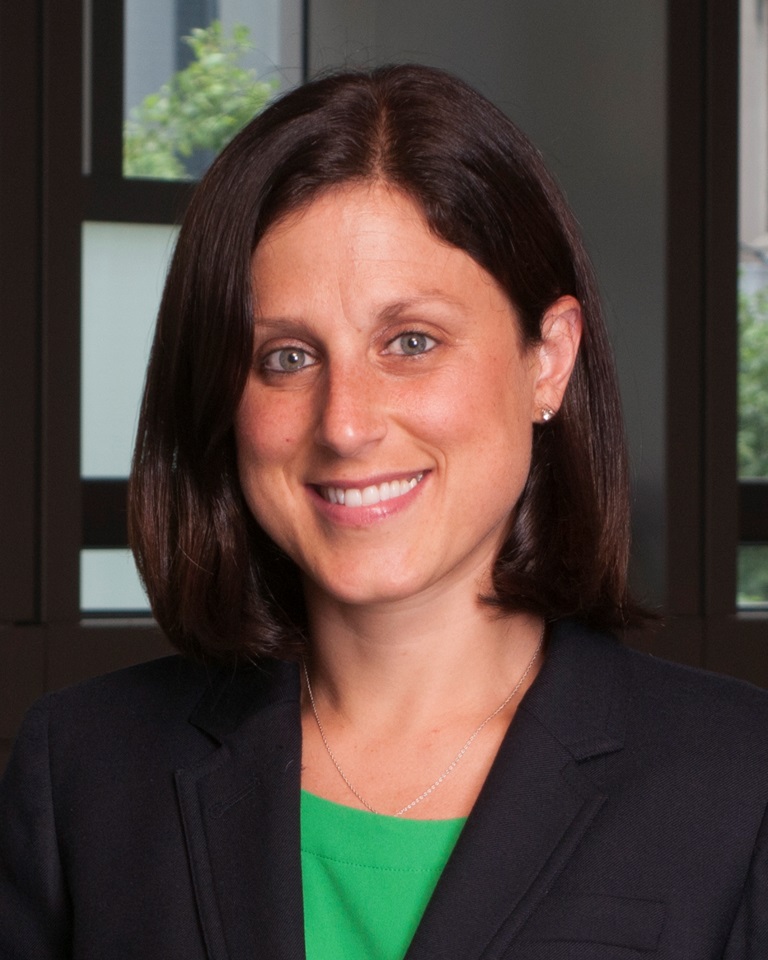
Jennifer E. Phillips-Cremins, Ph.D.
University of Pennsylvania
Project Title: Engineering 3-D Epigenome Topology with Light
Grant ID: DP2-MH110247
Jennifer E. Phillips-Cremins, Ph.D., joined the faculty at the University of Pennsylvania in 2014 as an Assistant Professor in the Department of Bioengineering and a core member of the Epigenetics Program in the Perelman School of Medicine. Dr. Cremins obtained her Ph.D. in Biomedical Engineering from the Georgia Institute of Technology in the laboratory of Andres Garcia. She then conducted a unique multi-disciplinary postdoc in the laboratories of Victor Corces and Job Dekker with the goal of generating the first high-resolution 3-D genome architecture maps during the differentiation of mouse embryonic stem cells along the neuroectoderm lineage. Dr. Cremins now runs the 3-D Epigenomics and Systems Neurobiology laboratory at UPenn. Her primary research interests lie in understanding the epigenetic mechanisms that govern phenotype commitment in healthy neurons and how these epigenetic mechanisms go awry during the onset of neurodevelopmental and neurodegenerative diseases. She has been selected as a 2014 New York Stem Cell Foundation – Robertson Investigator and a 2015 Albert P. Sloan Foundation Fellow in addition to the 2015 NIH Director's New Innovator Award.
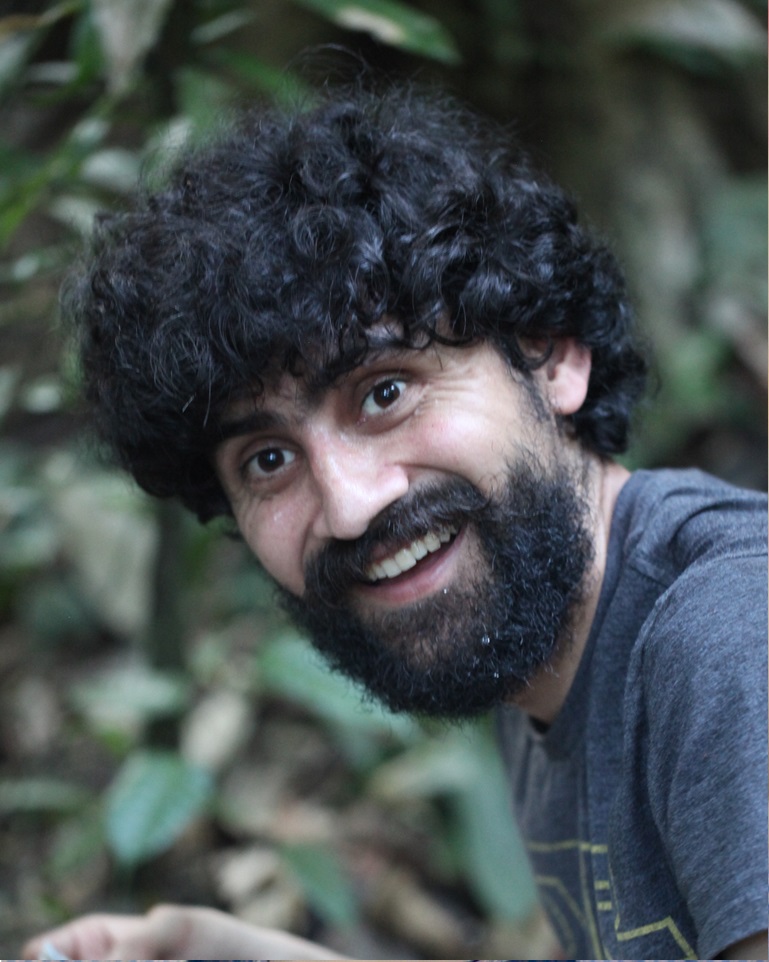
Manu Prakash, Ph.D.
Stanford University
Project Title: Mosquitoes Meet Microfluidics: Novel Tools for Ecological Surveillance of Insect-Borne Disease
Grant ID: DP2-AI124336
Manu Prakash was born in Meerut, India and did his B.Tech at Indian Institute of Technology, Kanpur in Computer Science. For his Ph.D., Manu worked in an Applied Physics lab of Neil Gershenfeld at Massachusetts Institute of Technology developing new microfluidics technology platforms. In 2008, Manu was appointed a Junior Fellow at the Harvard Society of Fellows for a period of three years, and developed novel imaging tools applied to insect metamorphosis. In 2011, Manu started a curiosity driven lab at the Department of Bioengineering at Stanford University. The lab develops scientific tools for the masses, including ultra-low cost tools for biosciences and global health (e.g. Foldscope). Recent work in the lab focuses on developing novel and scalable-tools for global surveillance of mosquitoes and arthropod borne diseases.
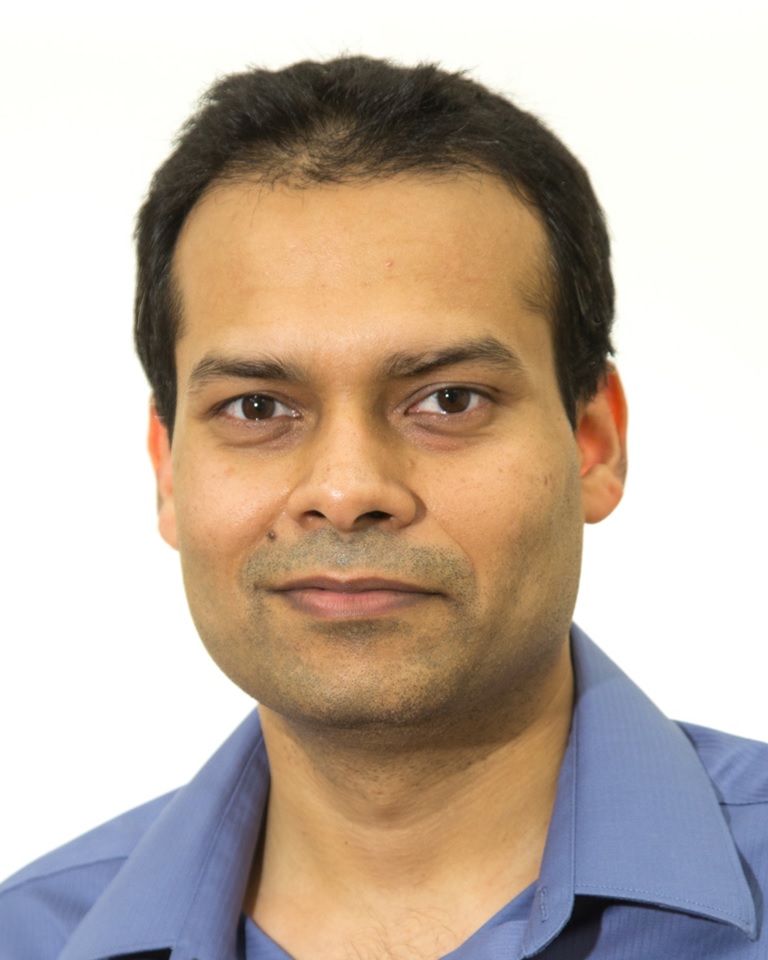
Abhishek Prasad, Ph.D.
University of Miami
Project Title: Spinal Cord Neural Interface for Neuroprosthetics in a Primate Model
Grant ID: DP2-EB022357
Abhishek Prasad is an Assistant Professor in the Department of Biomedical Engineering at the University of Miami, FL. He received his M.S. in Biomedical Engineering from Louisiana Tech University and Ph.D. in Biomedical Engineering from New Jersey Institute of Technology and University of Medicine and Dentistry in New Jersey. The goal of his laboratory is to develop brain and spinal cord machine interfaces to restore communication and control in paralyzed individuals. Toward enabling these neuroprosthetic technologies to interface the nervous system with devices, his laboratory uses electrophysiology, computational tools, and functional electrical stimulation in both healthy and injury models. His laboratory is also involved in neural probe development by understanding and mitigating various abiotic and biotic mechanisms in neural electrode failure.
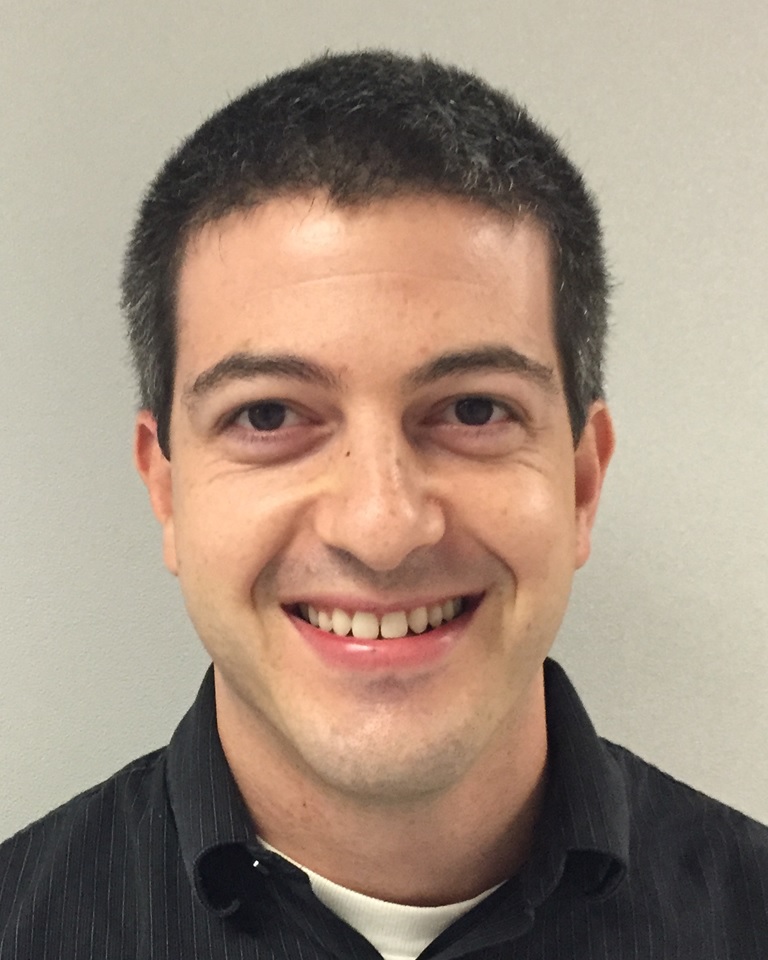
Gregory W. Schwartz, Ph.D.
Feinberg School of Medicine, Northwestern University
Project Title: Novel Circuit Mapping Strategies to Reverse Engineer the Retina
Grant ID: DP2-EY026770
Greg Schwartz received a B.S./M.S. in Neuroscience and a B.A. in Computer Science from Brandeis University in 2003, where his thesis work investigated the influence of context in human recognition memory. He began studying visual processing in the retina during his graduate work in the laboratory of Michael J. Berry at Princeton University where he received his Ph.D. in 2008. Dr. Schwartz continued studying the retina as a post-doc in the laboratory of Fred Rieke at the University of Washington where he also collaborated closely with Rachel Wong to link anatomical and functional measurements into bottom-up retinal circuit models. As an Assistant Professor of Ophthalmology and Physiology at Northwestern University since 2013, Dr. Schwartz and his lab are developing new strategies to map retinal circuits by combining electrophysiology, imaging, genetics, and computational modeling.
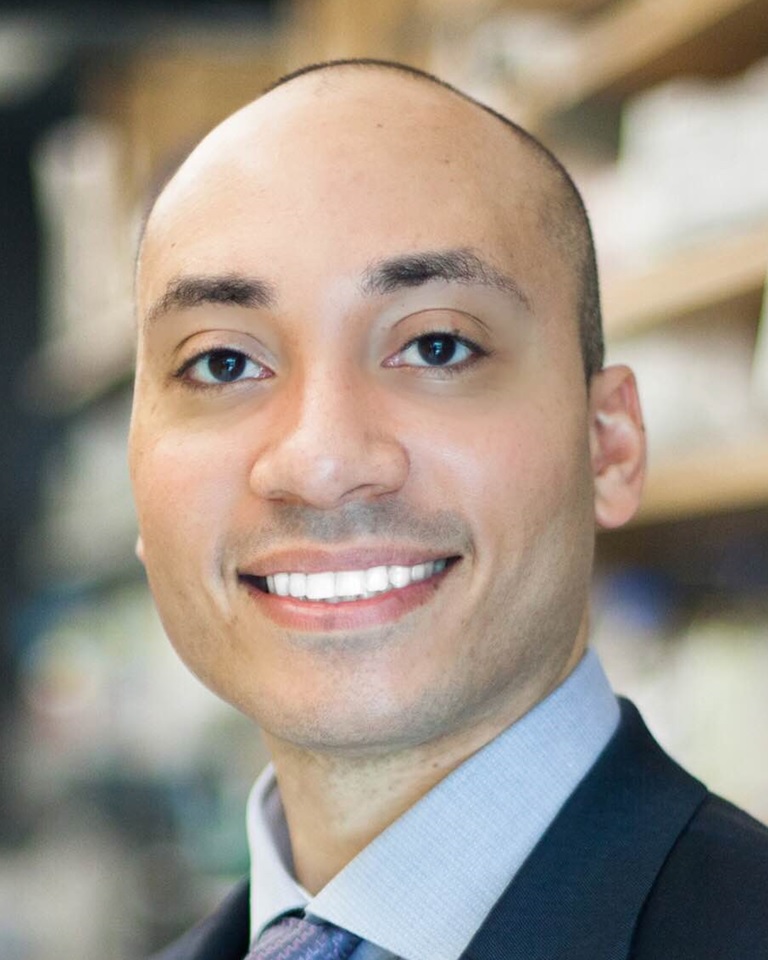
Evan A. Scott, Ph.D.
Northwestern University
Project Title: Development of Combination Immunotherapies for Atherosclerotic Inflammation
Grant ID: DP2-HL132390
Evan Scott is an Assistant Professor of Biomedical Engineering within Northwestern University’s McCormick School of Engineering and Applied Science. He respectively received a B.S. and Ph.D. in Biomedical Engineering from Brown University in 2002, and Washington University in St. Louis in 2009, where his dissertation work was completed under the guidance of Prof. Donald Elbert. As a Whitaker International Scholar, he performed postdoctoral research in Switzerland in the laboratories of Prof. Jeffrey Hubbell and Prof. Melody Swartz at the École Polytechnique Fédérale de Lausanne (EPFL). Dr. Scott is a recipient of the American Heart Association Scientist Development Grant, the National Science Foundation CAREER Award, and the NIH Director’s New Innovator Award. His laboratory applies principles from bionanotechnology and tissue engineering towards the development of translational immunotherapies for heart disease and the rational design of vaccines.
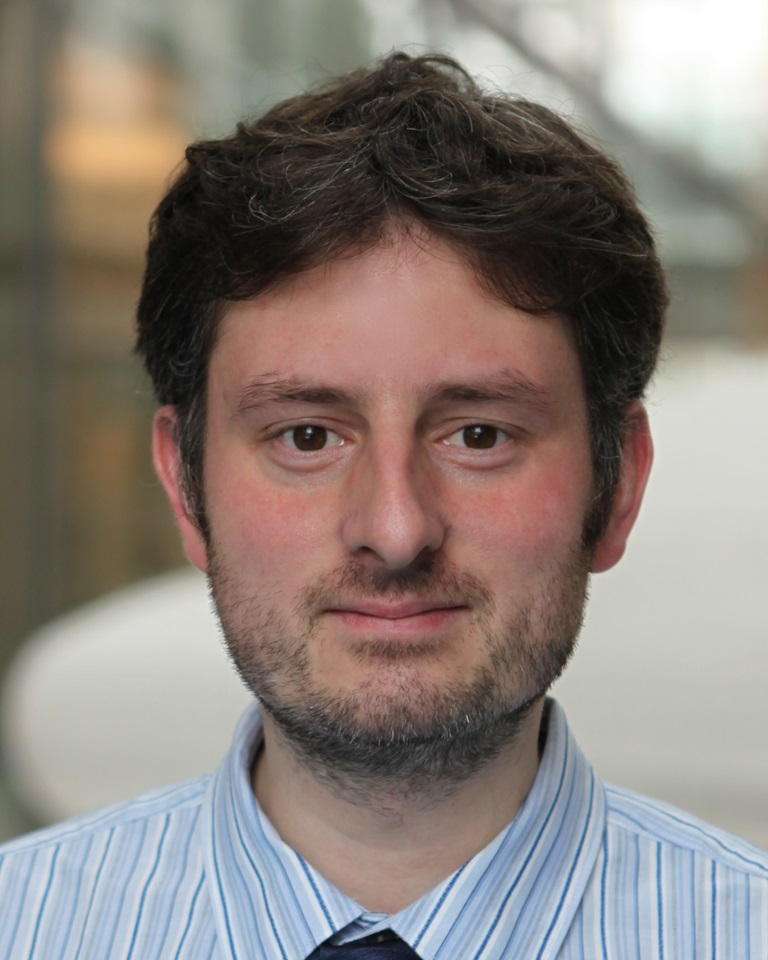
Mohammad R. Seyedsayamdost, Ph.D.
Princeton University
Project Title: Implementing Innovative Approaches to Access the Hidden Metabolomes of Bacteria
Grant ID: DP2-AI124786
Mohammad R. Seyedsayamdost is an Assistant Professor in the Departments of Chemistry and Molecular Biology at Princeton University. His research group is interested in the discovery, structure, function, and biosynthesis of microbial metabolites with therapeutic properties. Dr. Seyedsayamdost received a combined B.S./M.S. degree with highest honors in Biochemistry from Brandeis University, working under the guidance of Prof. Lizbeth Hedstrom, and subsequently carried out his graduate studies in the laboratory of Prof. JoAnne Stubbe in the Department of Chemistry at MIT. Supported by a Life Sciences Research Foundation postdoctoral fellowship and an NIH Pathway to Independence Award, he conducted postdoctoral studies in the research groups of Prof. Jon Clardy and Prof. Roberto Kolter at Harvard Medical School. Dr. Seyedsayamdost has been the recipient of the Searle Scholars Award, the Pew Biomedical Scholars Award, the Princeton Environmental Institute’s Innovative Research Award, and recently, the NIH Director's New Innovator Award.
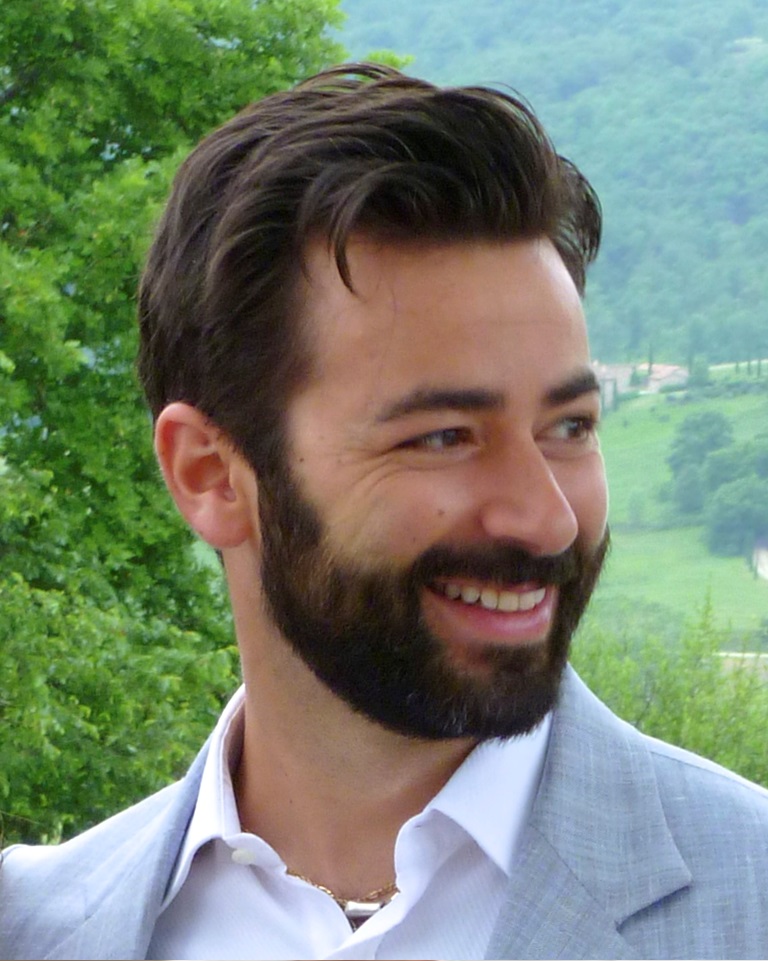
Alex K. Shalek, Ph.D.
Massachusetts Institute of Technology/Ragon Institute of MGH, MIT and Harvard/Broad Institute of MIT and Harvard
Project Title: "Bottom - Up" Profiling of Interacting Cellular Systems
Grant ID: DP2-GM119419
Alex K. Shalek is currently the HLF von Helmholtz Career Development Assistant Professor of Health Sciences and Technology at MIT, as well as a Core Member of the Institute for Medical Engineering and Science (IMES) and an Assistant Professor of Chemistry. He is also an Associate Member of the Ragon and Broad Institutes, and an Assistant in Immunology at MGH. His research is directed towards the development and application of new technologies that facilitate understanding of how cells collectively perform systems-level functions in healthy and diseased states. Alex received his bachelor’s degree summa cum laude from Columbia University, his Ph.D. from Harvard University in chemical physics under the guidance of Hongkun Park, and performed his postdoctoral training under Hongkun Park and Aviv Regev (Broad/MIT). To date, his interdisciplinary research has focused on realizing and utilizing nanoscale manipulation and measurement technologies to examine how small components (molecules, cells) drive systems of vast complexity (cellular responses, population behaviors).
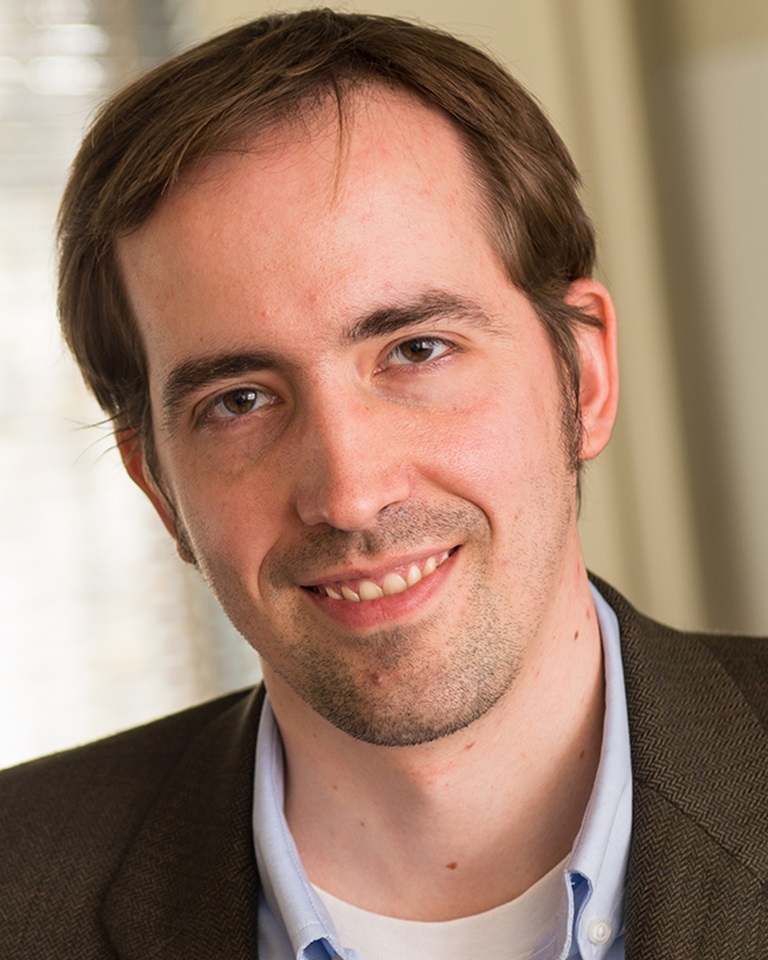
Matthew D. Shoulders, Ph.D.
Massachusetts Institute of Technology
Project Title: Continuous Directed Evolution of Biomolecules in Human Cells for Medical Research
Grant ID: DP2-GM119162
Matthew Shoulders is an Assistant Professor in the Department of Chemistry at the Massachusetts Institute of Technology. His research focuses on designing chemical biology methods to modulate and monitor protein folding in metazoan cells, as well as applying those methods in protein misfolding-related disease model systems to reveal new fundamental aspects of cellular proteostasis and to potentially identify new therapeutic strategies. Prior to beginning his independent position at MIT, Prof. Shoulders was an American Cancer Society Postdoctoral Fellow in Prof. Jeffery Kelly’s research group at the Scripps Research Institute in La Jolla, CA. He conducted his Ph.D. research in organic chemistry with Prof. Ronald Raines at the University of Wisconsin–Madison, where he was a USA Department of Homeland Security Graduate Fellow. Prof. Shoulders earned his B.S. in chemistry Summa cum Laude from Virginia Tech in 2004.
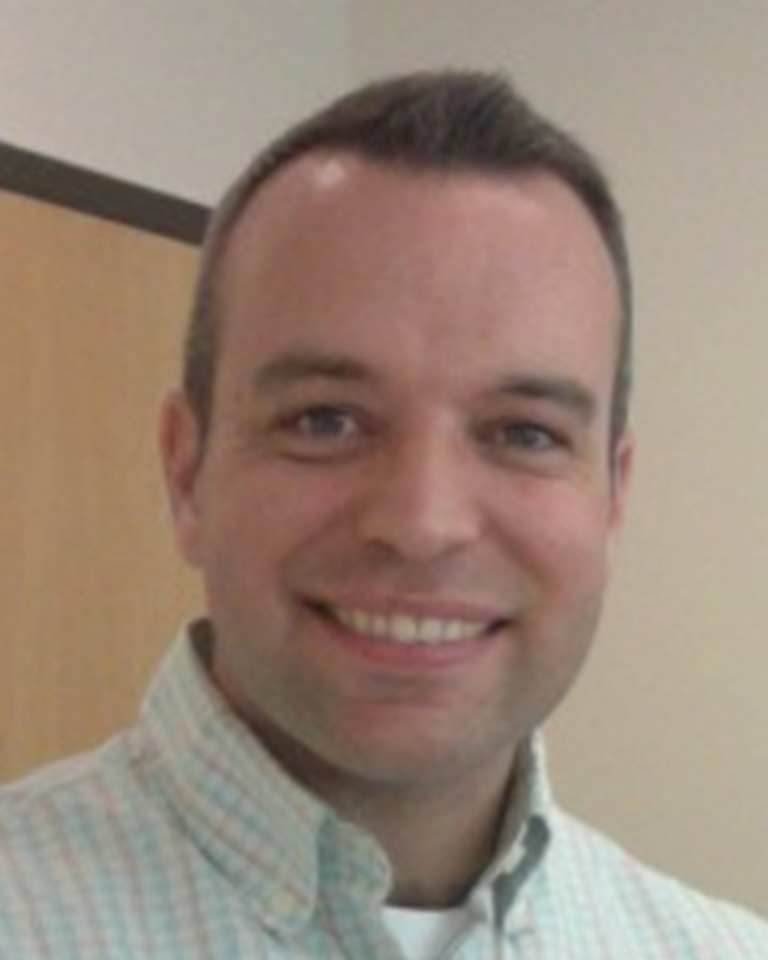
Robert C. Spitale, Ph.D.
University of California, Irvine
Project Title: Cracking the RNA Localization Code
Grant ID: DP2-GM119164
Robert Spitale received his Ph.D. with Professor Joseph Wedekind at the University of Rochester, where he studied the structural basis of gene regulation in non-coding RNA enzymes and metabolite-responsive RNAs. After graduating he relocated to California where he studied under the guidance of Professor Howard Chang at Stanford University. There, he focused on developing a novel method of probing RNA structure transcriptome-wide within living cells. These studies were done in collaboration with Professor Eric Kool's lab. Robert started as an Assistant Professor in the Department of Pharmaceutical Sciences at the University of California, Irvine in July 2014. His lab aims to combine the precision of chemistry and the wide-field view of transcriptomics to address currently unanswerable questions regarding the structure and function of RNA molecules.
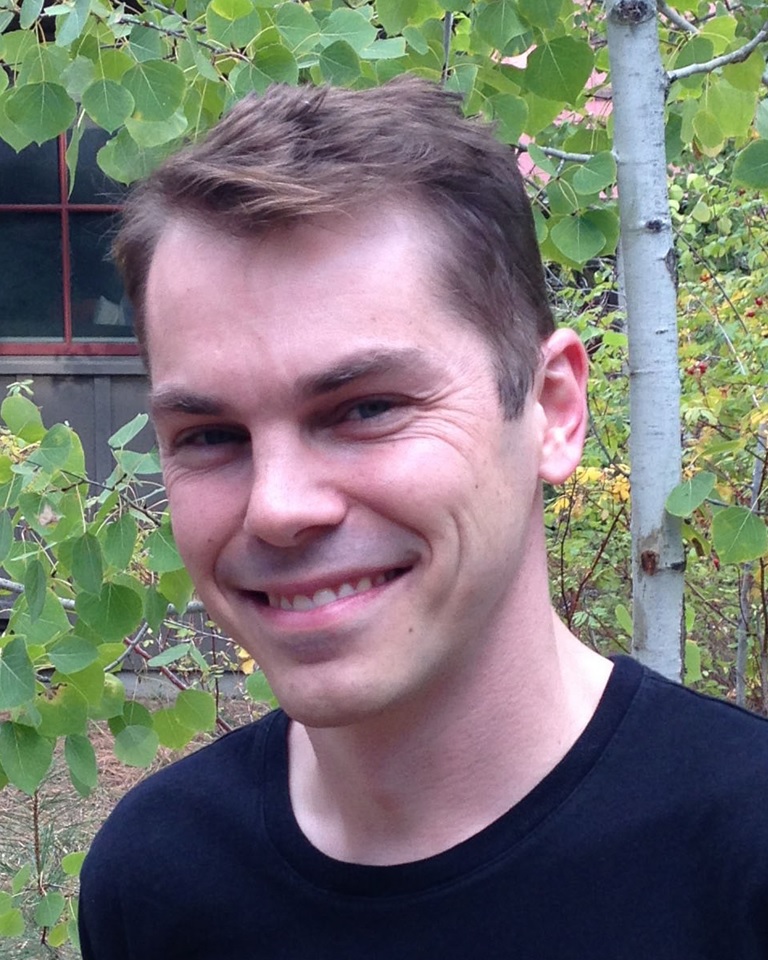
Cole Trapnell, Ph.D.
University of Washington
Project Title: Charting the Regulatory Topography of the Cell Differentiation Landscape with Single-Cell RNA-Seq
Grant ID: DP2-HD088158
Cole Trapnell received bachelor's degrees in Computer Science and Mathematics in 2005 from the University of Maryland and returned there to earn a Ph.D. in 2010 under the guidance of Steven Salzberg and Lior Pachter. He wrote TopHat and Cufflinks, which together constitute one of the most widely used workflows for analyzing transcriptome sequencing data. He trained as postdoc in John Rinn's lab at Harvard University, where he studied long noncoding RNAs in embryonic stem cell differentiation and somatic cell reprogramming. He also developed Monocle, a tool for analyzing single-cell genomics experiments, which now powers his lab at the University of Washington's Department of Genome Sciences.
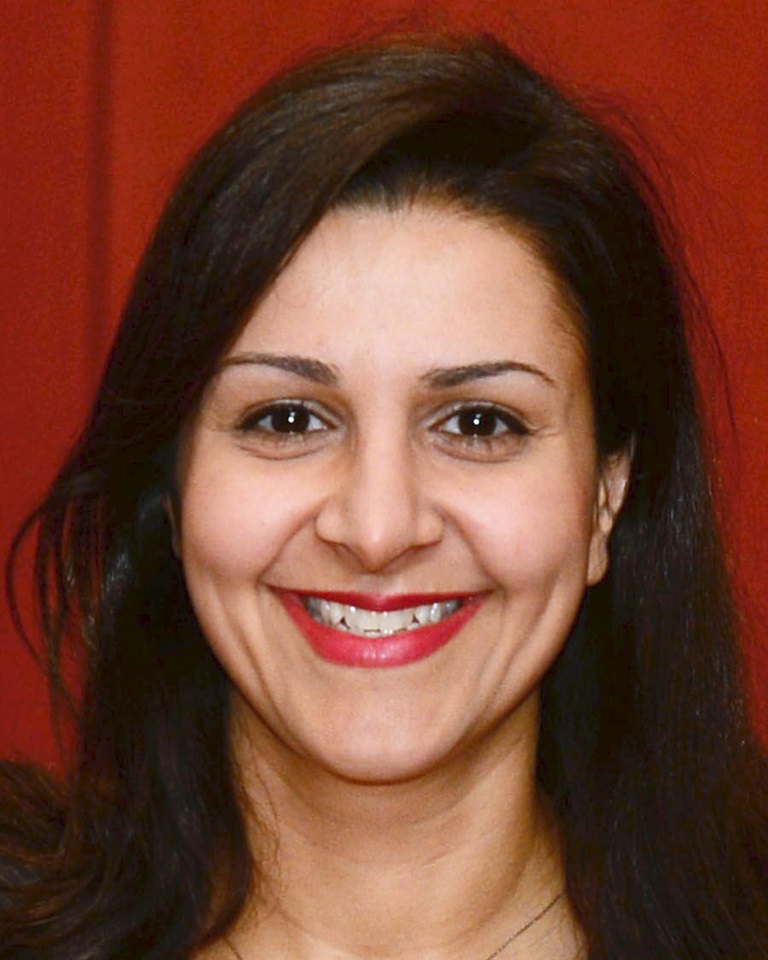
Marmar Vaseghi, M.D., M.S.
University of California, Los Angeles
Project Title: Cardiac Afferent Neurotransmission and Modulation of Ventricular Parasympathetic Control
Grant ID: DP2-HL132356
Dr. Marmar Vaseghi is an Assistant Professor at University of California, Los Angeles. She received her B.S. in Biomedical Engineering from Northwestern University and her M.D. from Stanford University. Her cardiology and electrophysiology training were completed at UCLA where she simultaneously obtained her Masters in Clinical Research from the Department of Biomathematics and Specialty Training and Advance Research Program. Dr. Vaseghi’s laboratory focuses on understanding neural remodeling in the setting of cardiomyopathy and neural modulation of arrhythmias. Utilizing electrophysiological and neural recording techniques in a porcine infarct model, her laboratory studies alterations in cardiac neurotransmission in health and disease and its impact on arrhythmogenesis. Furthermore, her interest lies in studying mechanisms of arrhythmias and effects of neuromodulatory therapies in patients with heart failure. In addition to the New Innovator Award, Dr. Vaseghi is also the recipient of the National American Heart Association Fellow to Faculty Transition Award.
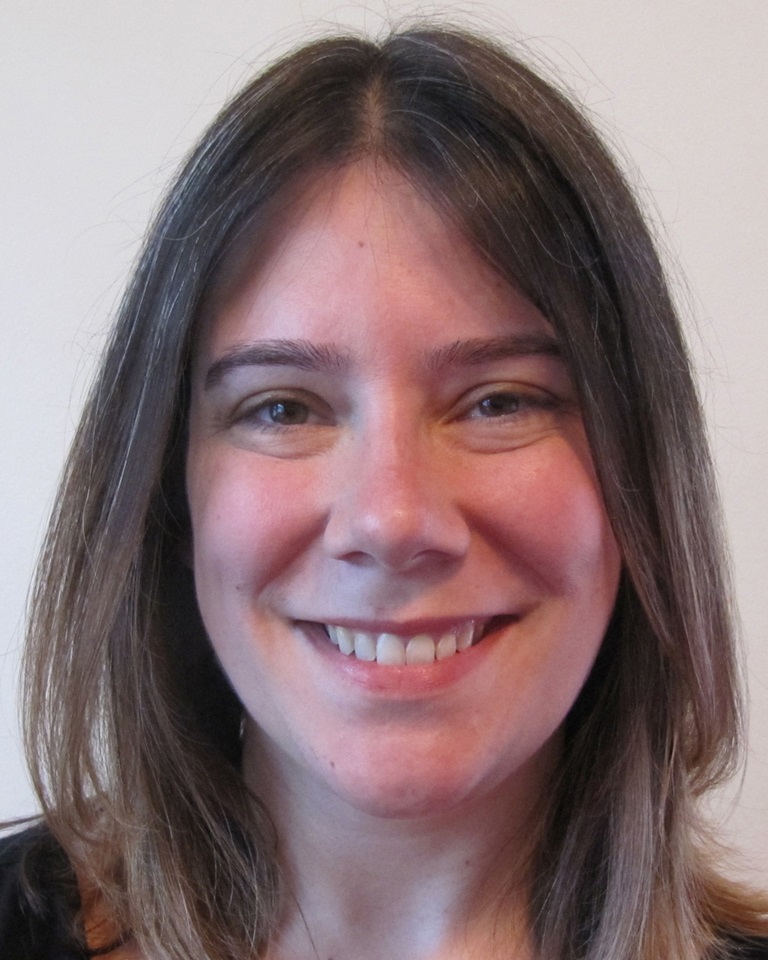
Melissa R. Warden, Ph.D.
Cornell University
Project Title: Imaging the Evolving Neural Circuit Dynamics of Depression
Grant ID: DP2-MH109982
Melissa Warden is an Assistant Professor and Miriam M. Salpeter Fellow in the Department of Neurobiology and Behavior at Cornell University. She received an A.B. in Molecular Biology from Princeton University and a Ph.D. in Systems Neuroscience from the Massachusetts Institute of Technology, where she investigated prefrontal neuronal encoding of multi-item short-term memory with Earl K. Miller. As a postdoctoral fellow with Karl Deisseroth at Stanford University she studied cortical control of neuromodulatory systems in motivated behavior. Her research at Cornell integrates imaging, neurophysiological, and cellular and molecular approaches to study the neural circuits mediating reward and motivated behavior and their dysfunction. She has received a number of awards including the NIH Director’s New Innovator Award, a Robertson Neuroscience Investigator Award from the New York Stem Cell Foundation, a NARSAD Young Investigator Award from the Brain and Behavior Research Foundation, a Sloan Research Fellowship from the Alfred P. Sloan Research Foundation, and a Research Grant from the Whitehall Foundation.
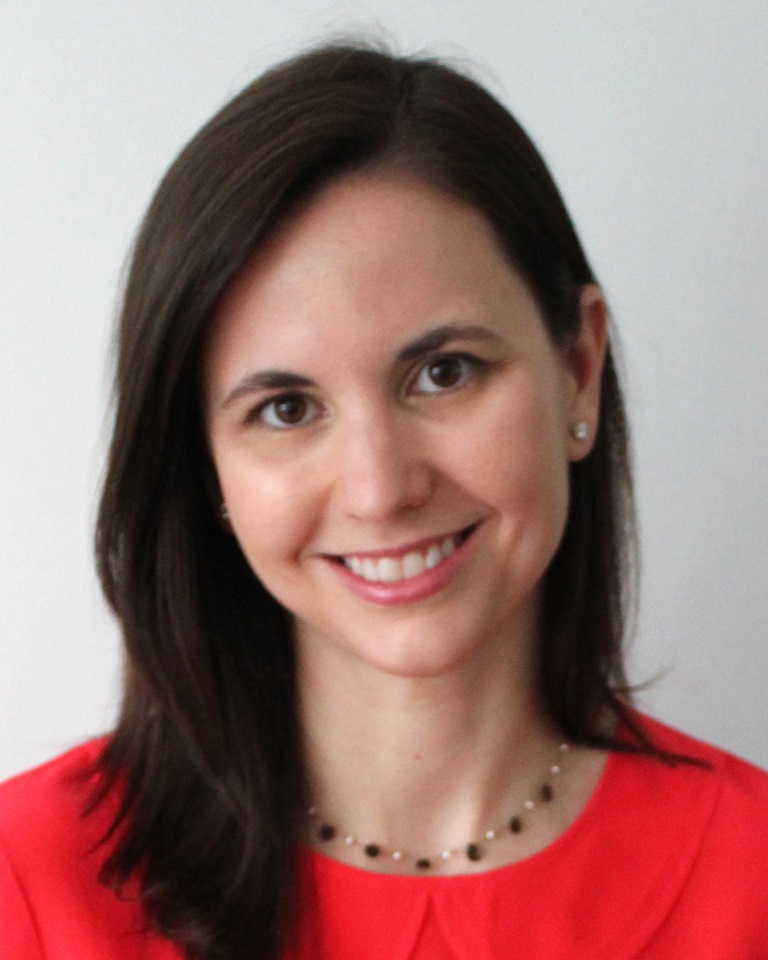
Jessica L. Whited, Ph.D.
Harvard Medical School and Brigham & Women's Hospital
Project Title: Leveraging Single-Cell Analysis to Elucidate Mechanisms of Vertebrate Limb Regeneration
Grant ID: DP2-HD087953
Jessica Whited graduated from the University of Missouri with a B.S. in Biological Sciences and a B.A. in Philosophy. She earned a Ph.D. in Biology from MIT, where she studied development and maintenance of neuronal architecture in Drosophila under the mentorship of Dr. Paul Garrity. As a postdoctoral fellow in the laboratory of Dr. Clifford Tabin at Harvard Medical School, Jessica pursued the question of limb regeneration, where she built a colony of axolotl salamanders and developed tools for interrogating their biology. She is currently an Assistant Professor in the Department of Orthopedic Surgery at BWH, a member of the Brigham Regenerative Medicine Center, and a Smith Family Foundation and March of Dimes Basil O’Connor awardee. The Whited lab aims to understand, at a molecular level, the amazing ability of axolotls to completely regenerate legs so that these insights can later be applied to the human condition.
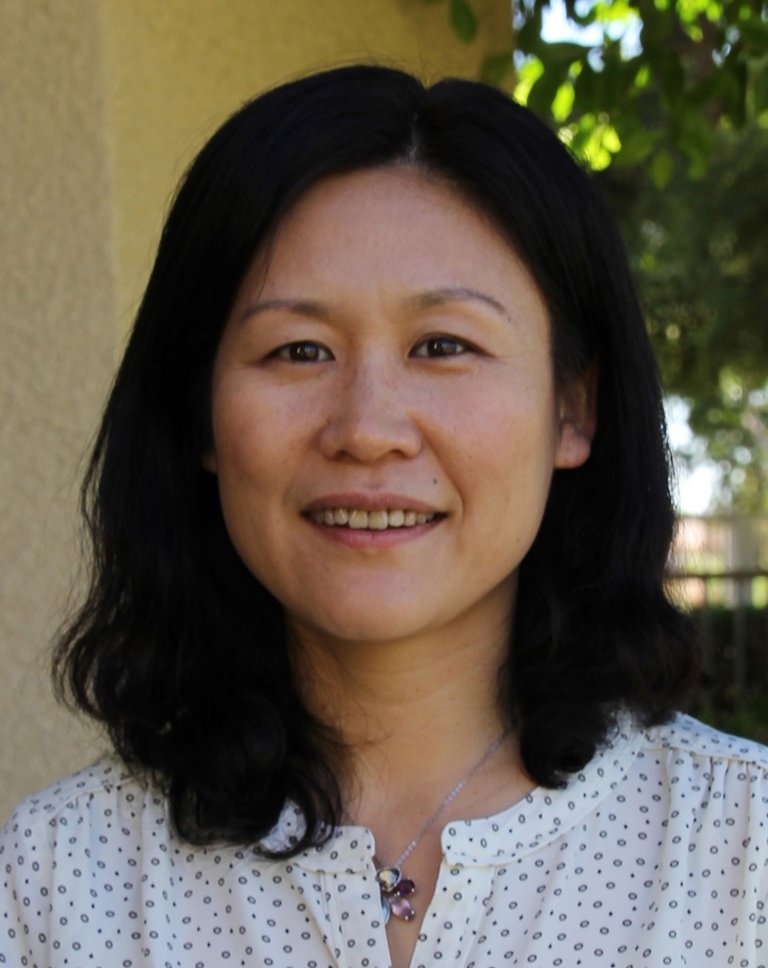
Min Yu, M.D., Ph.D.
University of Southern California
Project Title: Developing Individualized Medicine Targeting Metastatic Breast Cancer Stem Cells
Grant ID: DP2-CA206653
Dr. Min Yu received her medical degree from Shandong Medical University, master in neurology from Peking University Health Science Center, and Ph.D. in genetics from SUNY Stony Brook and Cold Spring Harbor Laboratory (CSHL). Her thesis work with Dr. Senthil Muthuswamy at CSHL investigated mammary epithelial cell morphogenesis on a three-dimensional culture system. With a desire to apply basic research to clinical questions, she pursued postdoctoral training with Dr. Daniel Haber at Massachusetts General Hospital, Harvard Medical School, where she characterized circulating tumor cells isolated from the peripheral blood of cancer patients. Dr. Yu joined the Department of Stem Cell Biology and Regenerative Medicine and the USC Norris Comprehensive Cancer Center as an assistant professor in 2014, and her lab focuses on the mechanisms of cancer metastasis. In addition to the NIH Director’s New Innovator Award, she received the NCI career transition (K22) award, the STOP CANCER Research Career Development Award, the Pew-Stewart Scholar for Cancer Research award, and the Donald E. & Delia B. Baxter faculty fellowship.
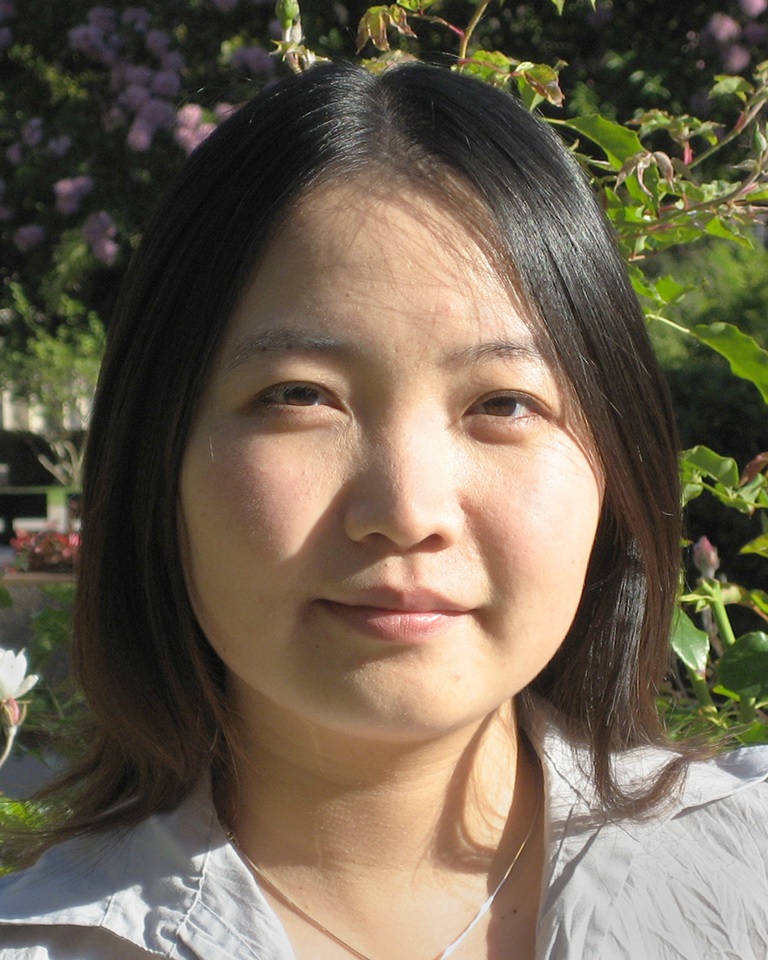
Wenjun Zhang, Ph.D.
University of California Berkeley
Project Title: In Situ Natural Product Labeling and Applications
Grant ID: DP2-AT009148
Dr. Wenjun Zhang is an Assistant Professor in the Department of Chemical and Biomolecular Engineering at University of California, Berkeley, and the Charles R. Wilke Endowed Chair in Chemical Engineering. Her research focuses on understanding and engineering the biosynthesis of natural products for applications related to both human health and bioenergy and is supported by the Energy Biosciences Institute, the PEW Scholars Program, the Hellman Fellows Fund, and NIH. Dr. Zhang received her B.S. and M.S. in Biochemistry from Nanjing University, China, and her Ph.D. in Chemical Engineering in the laboratory of Dr. Yi Tang at University of California, Los Angeles with an honor. She did her postdoctoral training under the mentorship of Dr. Christopher T. Walsh at Harvard Medical School.



